Power Meter’s Starting only from $59.0

Lowest Prices Guaranteed!
Get your Power Meter from Wyoming Electronics Inc Today!
Browse our extensive collection of Power Meters and find the ideal tool to enhance your electrical testing and diagnostic capabilities. Whether you’re an electrician, technician, or engineer, we have the right equipment to meet your requirements. Shop now and experience the precision and reliability of our top-quality digital multimeters.
Choose From Large variety of Power Meter’s
- Average Power Meters
- Peak Power Meters
- Thermal Power Meters
- Diode Power Meters
- USB Power Meters
- Wireless Digital Multimeters
Service & Repairs ⋅ Customizable ⋅ OEM Calibration ⋅ Fully Refundable upto 30 Days
Can’t find what you are looking for?
Key Technical Considerations for Purchasing an RF Power Meter
Selecting the right RF power meter is crucial for accurate and reliable measurements in various applications, from telecommunications to radar systems. Here are some essential technical considerations to keep in mind when choosing an RF power meter:
1. Frequency Range: Ensure that the power meter covers the frequency range of your signals. RF power meters are available for various frequency bands, from low-frequency signals up to millimeter-wave frequencies.
2. Power Range and Sensitivity: Consider the range of power levels you need to measure. The power meter should be sensitive enough to detect low-power signals while also capable of handling high-power levels without damage.
3. Measurement Accuracy: Look for a power meter with high accuracy specifications. Accuracy is affected by factors such as linearity, calibration, and sensor performance.
4. Dynamic Range: The dynamic range of the power meter should be sufficient to measure both strong and weak signals accurately. A wide dynamic range is essential for applications with a high range of signal levels.
5. Sensor Compatibility: Choose a power meter that is compatible with the types of sensors required for your measurements. Common sensor types include thermocouple, diode, and thermistor sensors.
6. Peak vs. Average Power Measurement: Determine whether you need to measure peak power, average power, or both. Peak power meters are necessary for pulsed signals, while average power meters are suitable for continuous wave (CW) signals.
7. Measurement Speed: For applications requiring fast measurement speed, such as production testing, consider the speed specifications of the power meter.
8. Connectivity and Data Logging: If you need to integrate the power meter into a test system or log data for analysis, look for connectivity options such as USB, GPIB, or Ethernet, and data logging capabilities.
9. Portability and Size: For field measurements or space-constrained environments, consider the portability and size of the power meter.
10. Budget and Brand Reputation: Finally, balance your technical requirements with your budget. Consider the reputation and support offered by the manufacturer, as well as warranty and calibration services.
Selecting the Ideal RF Power Meter for Precision Measurements
By taking these technical considerations into account, you can choose an RF power meter that provides the precision, accuracy, and functionality required for your specific measurement needs.


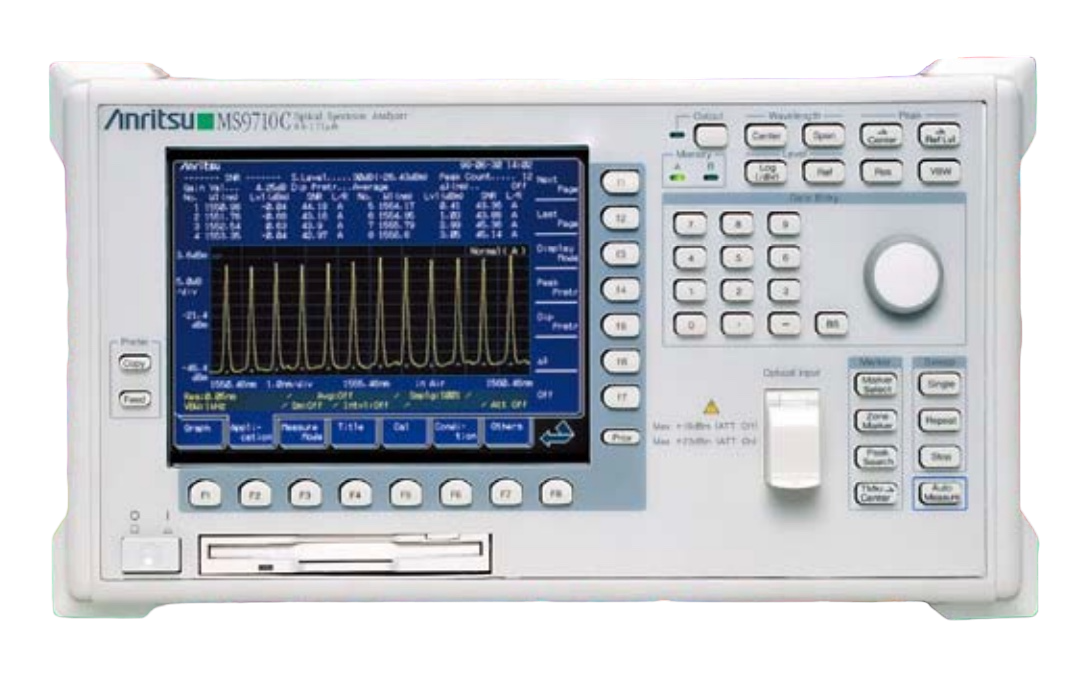 Spectrum Analyzers
Spectrum Analyzers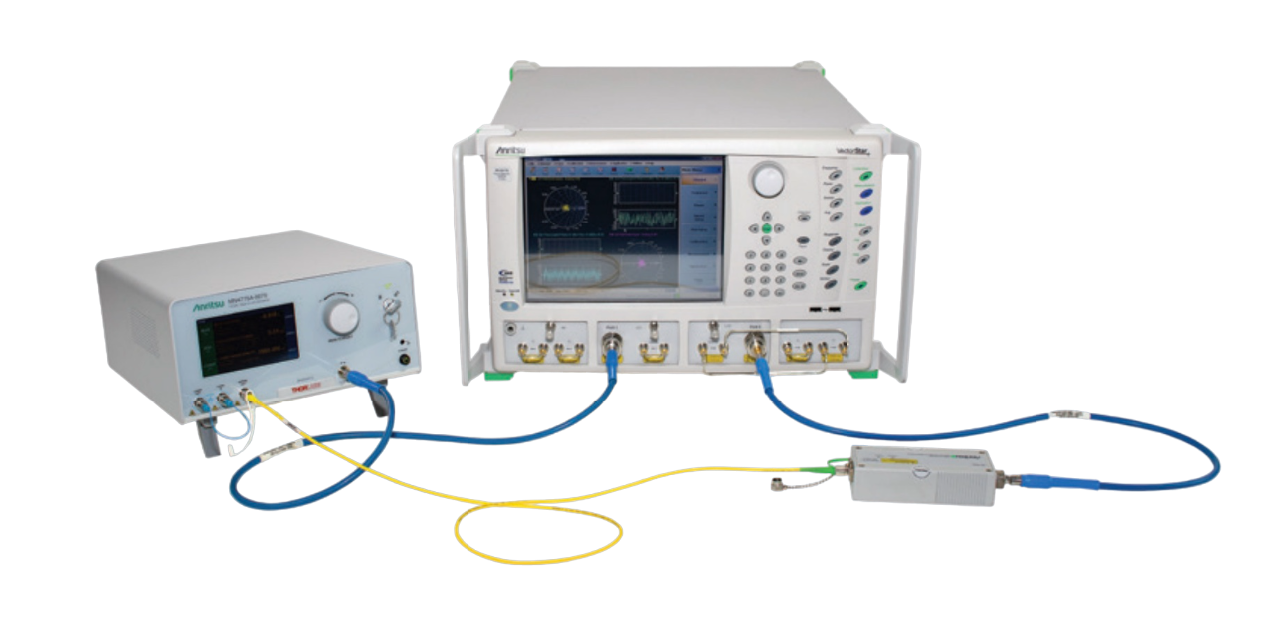 Network Analyzers
Network Analyzers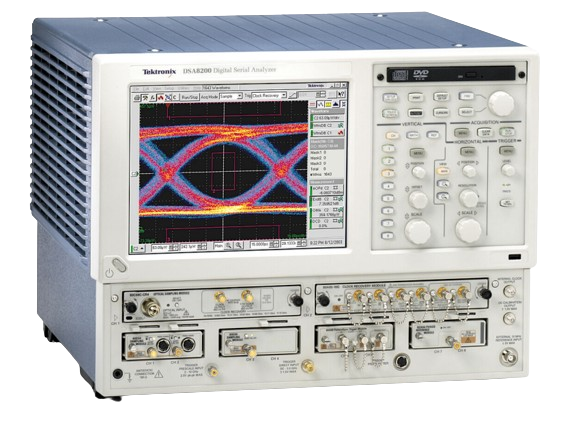 Signal Analyzers
Signal Analyzers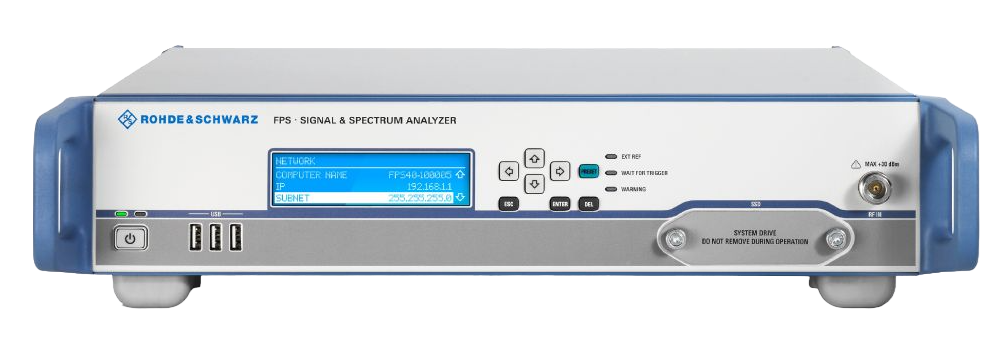 Logic Analyzers
Logic Analyzers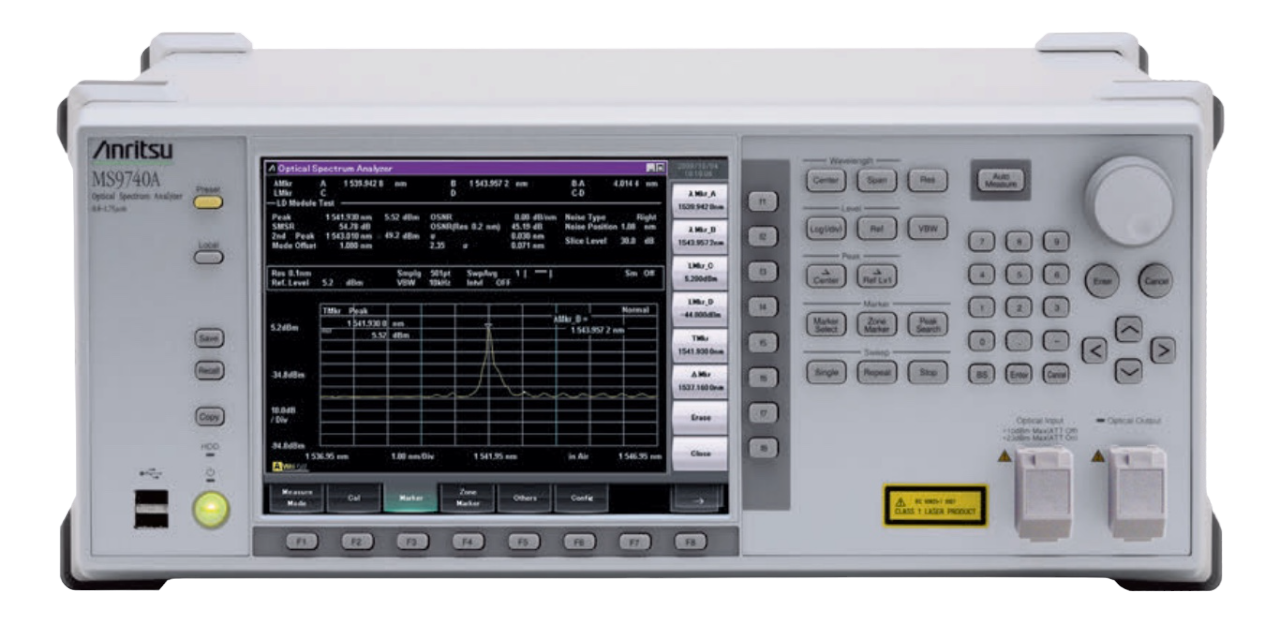 Optical Spectrum Analyzers
Optical Spectrum Analyzers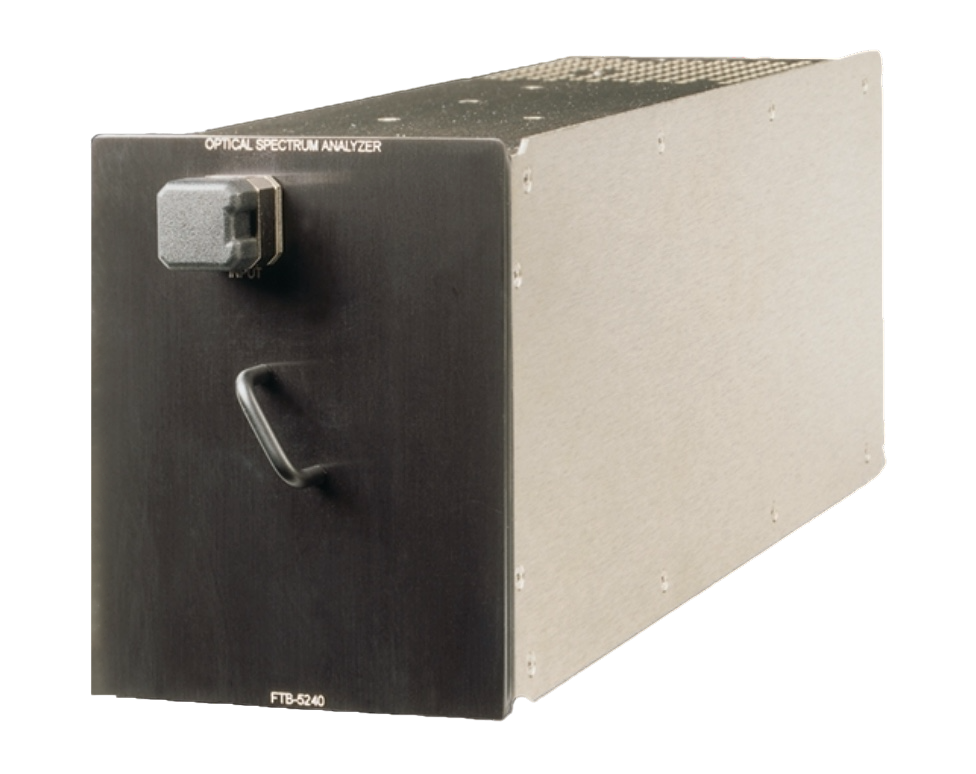 Other Analyzers
Other Analyzers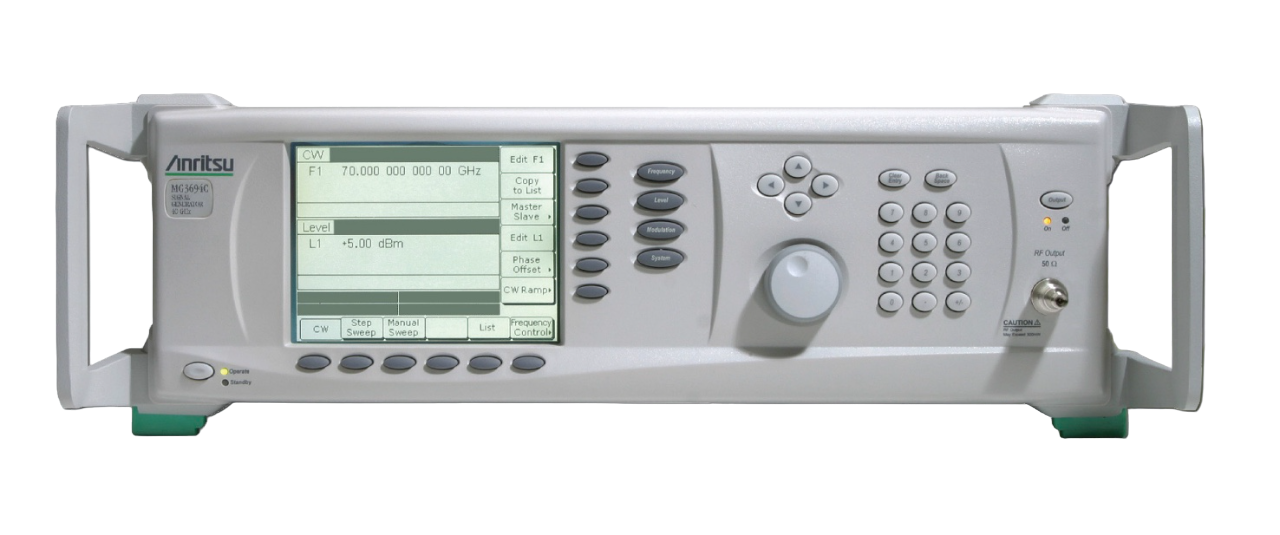 Signal Generator
Signal Generator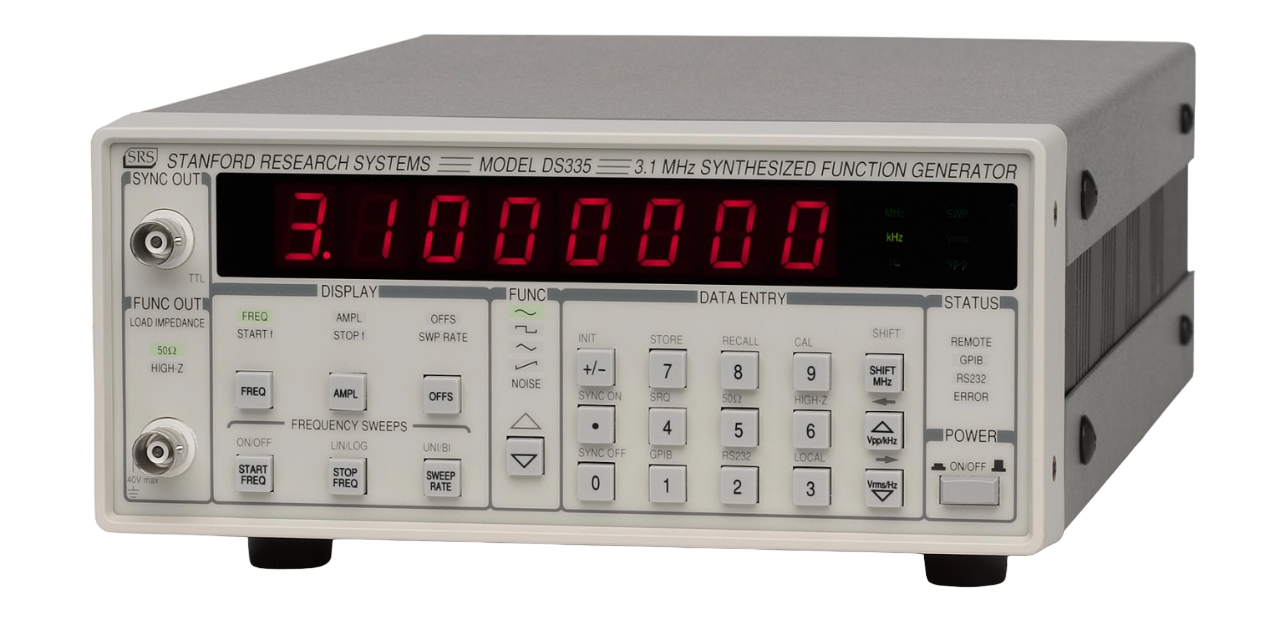 Function Generator
Function Generator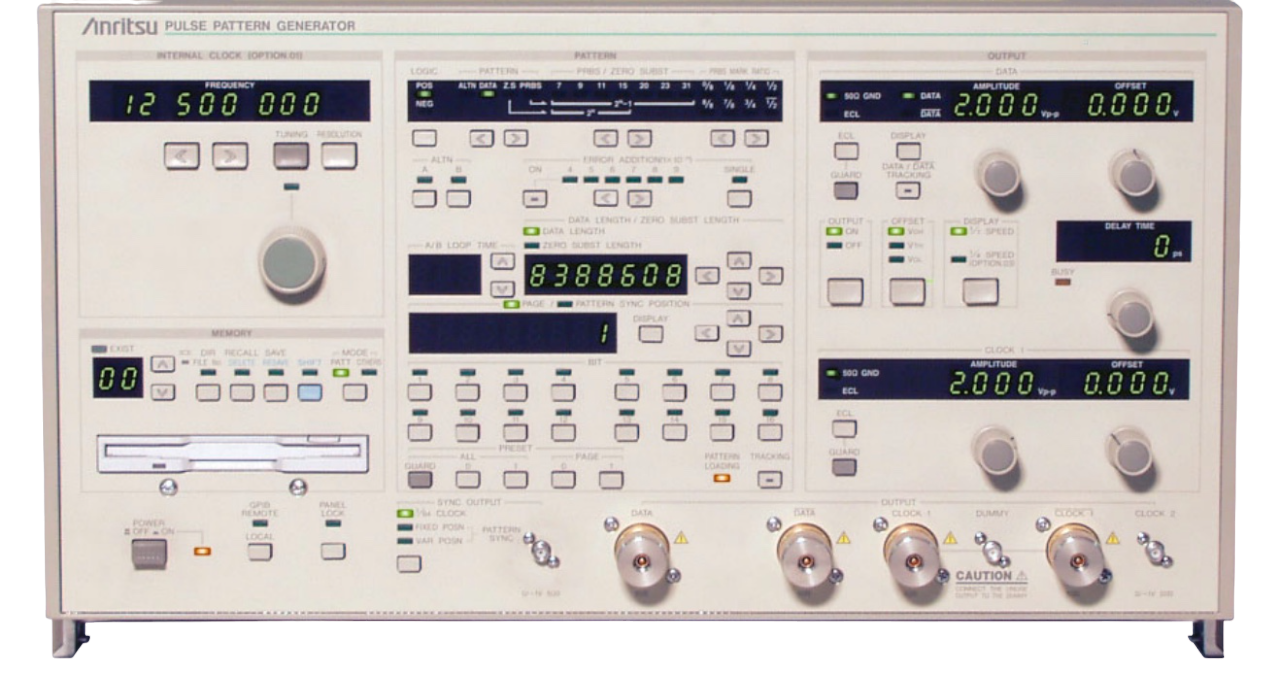 Pulse / Pattern Generator
Pulse / Pattern Generator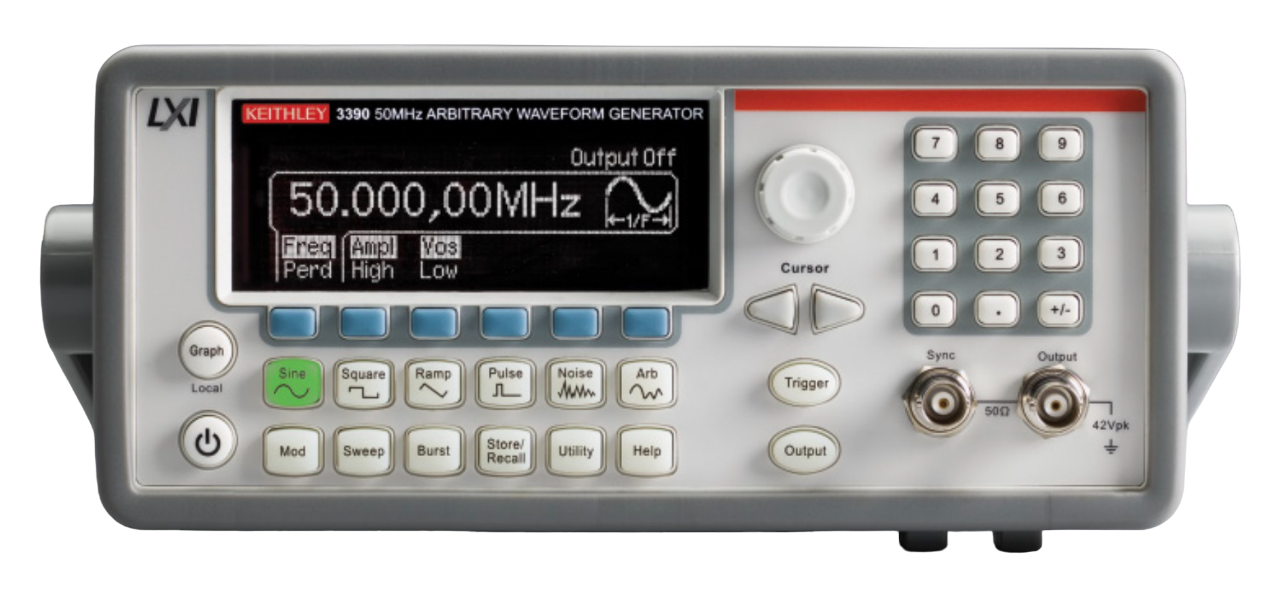 Waveform Generator
Waveform Generator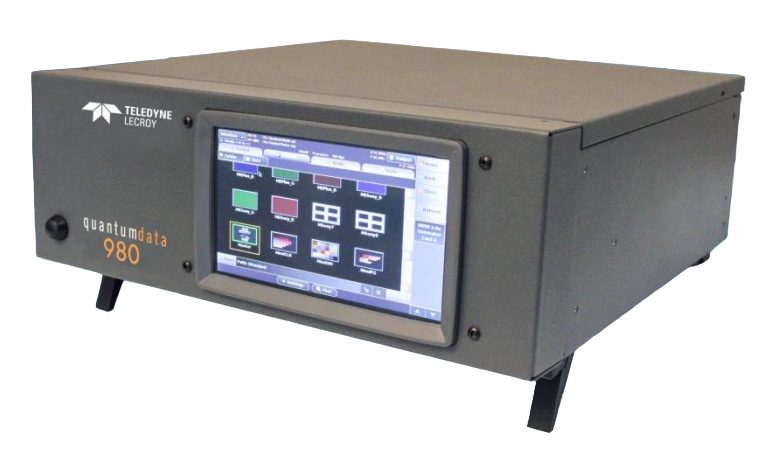 Other Generators
Other Generators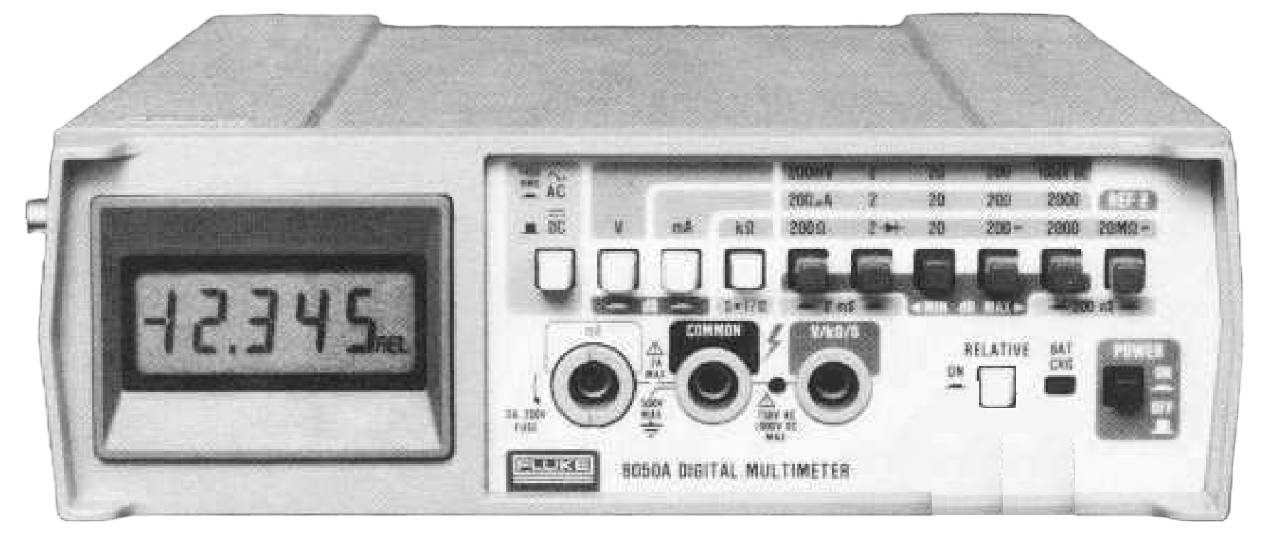 Digital Multimeter
Digital Multimeter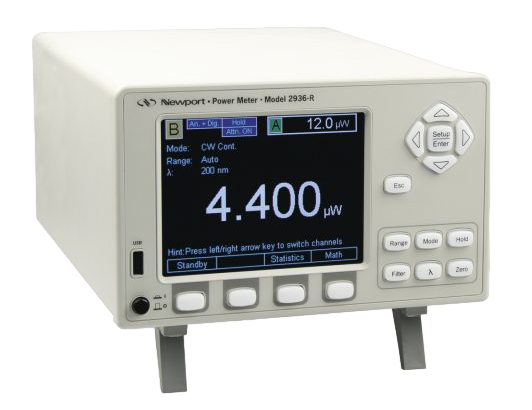 Power Meter
Power Meter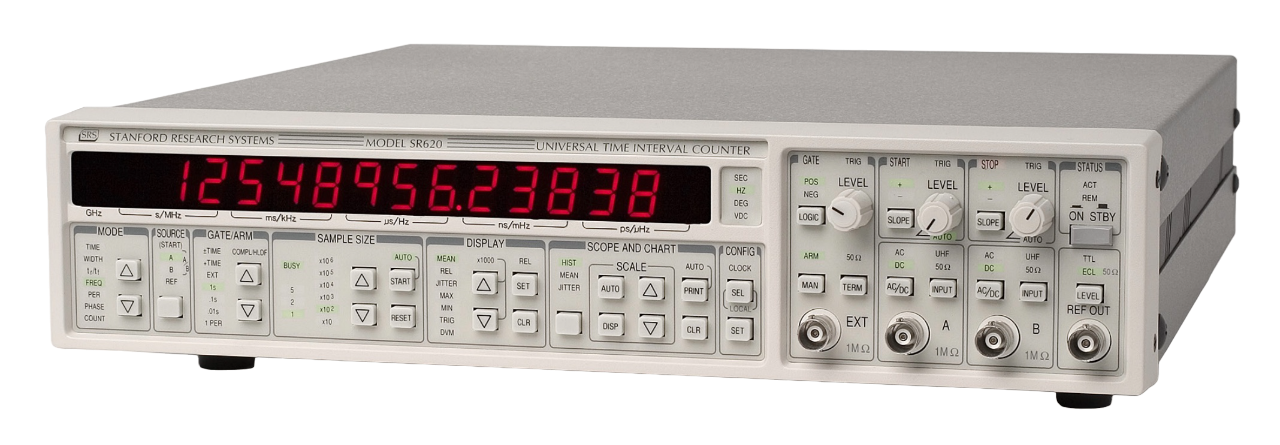 Frequency Counters
Frequency Counters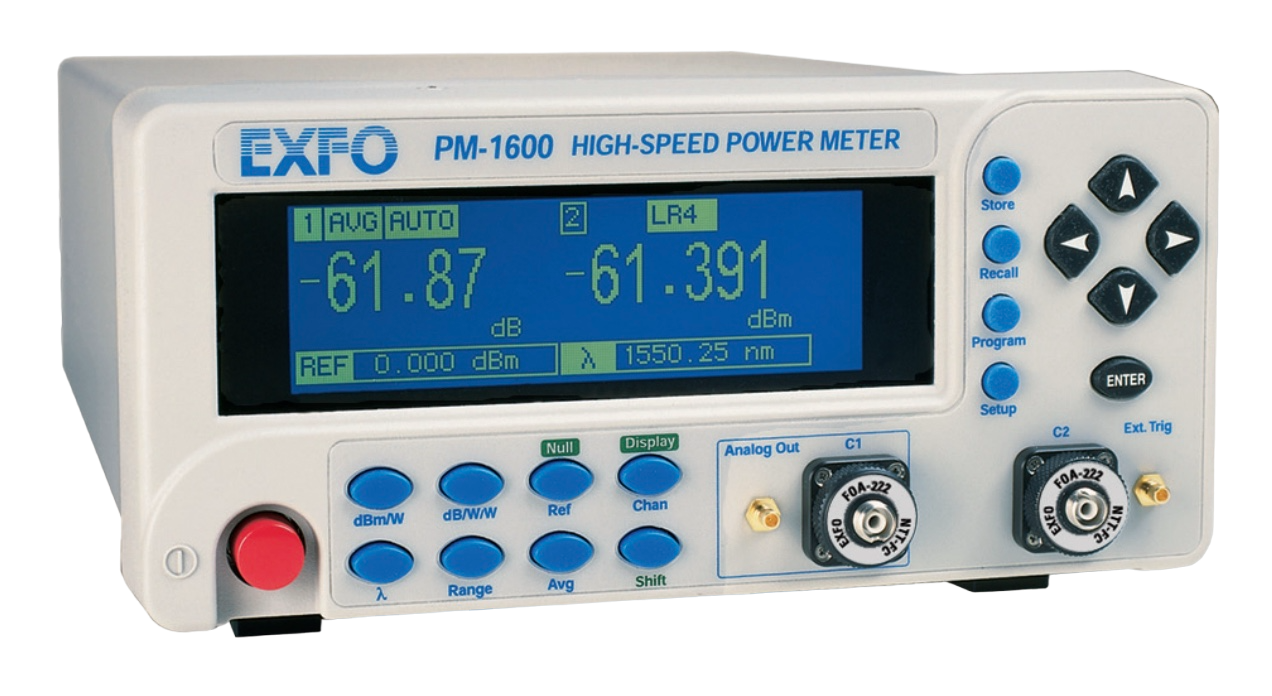 Optical Power Meter
Optical Power Meter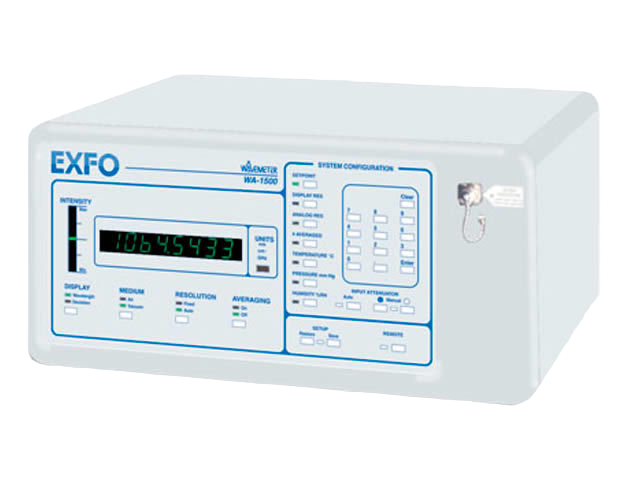 Wavelength Meter
Wavelength Meter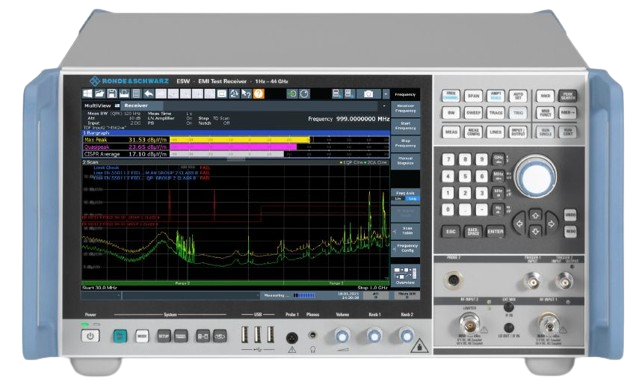 Receiver
Receiver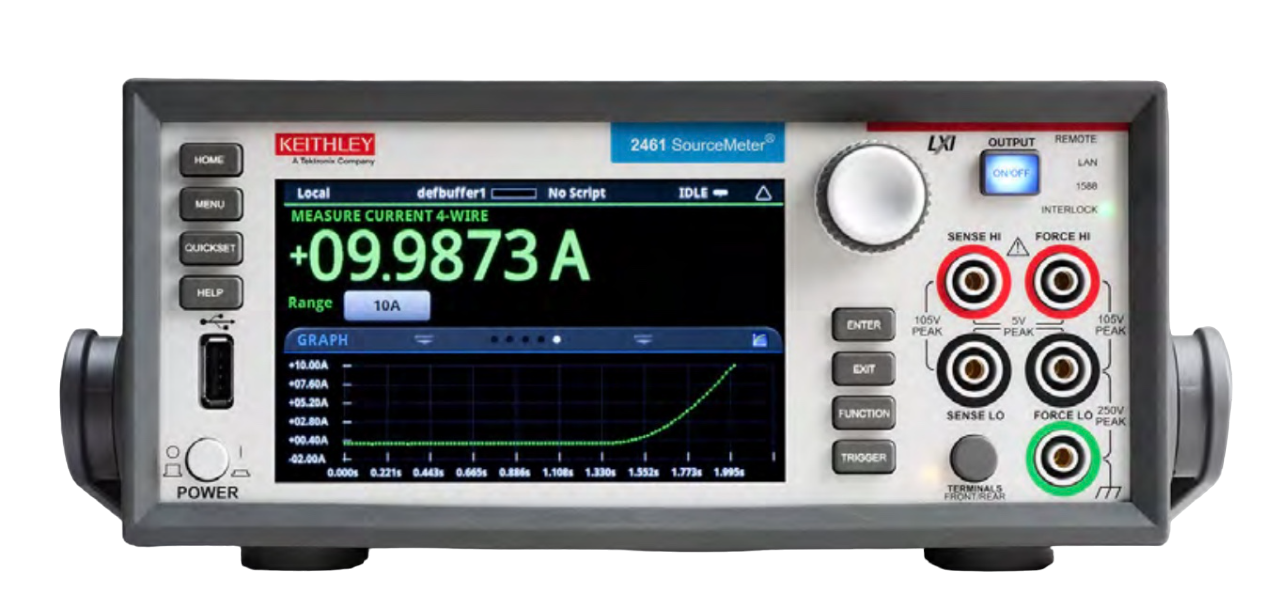 Current/Power Source Meter
Current/Power Source Meter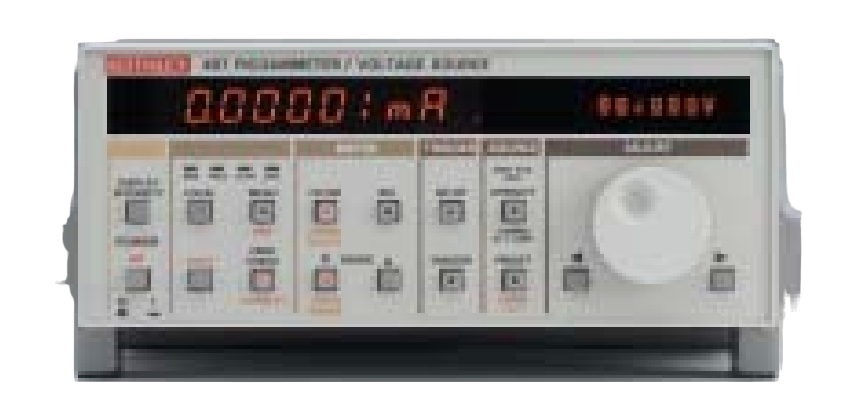 Picoammeter
Picoammeter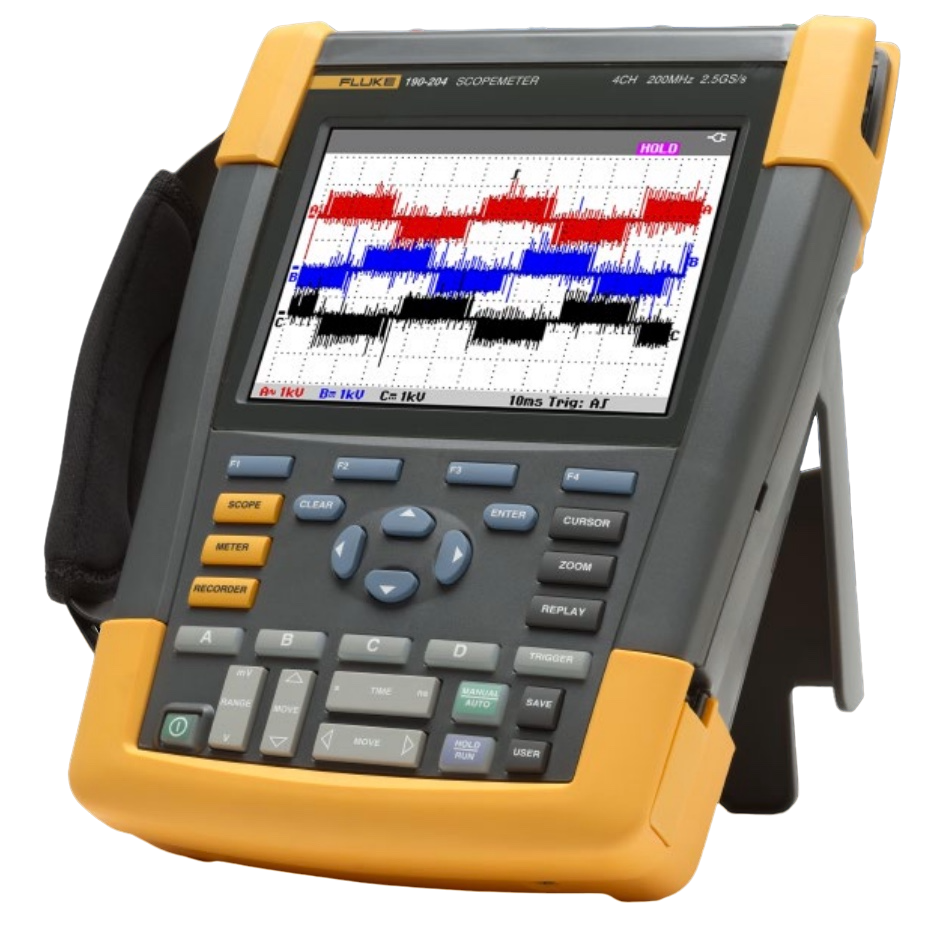 Other Meters
Other Meters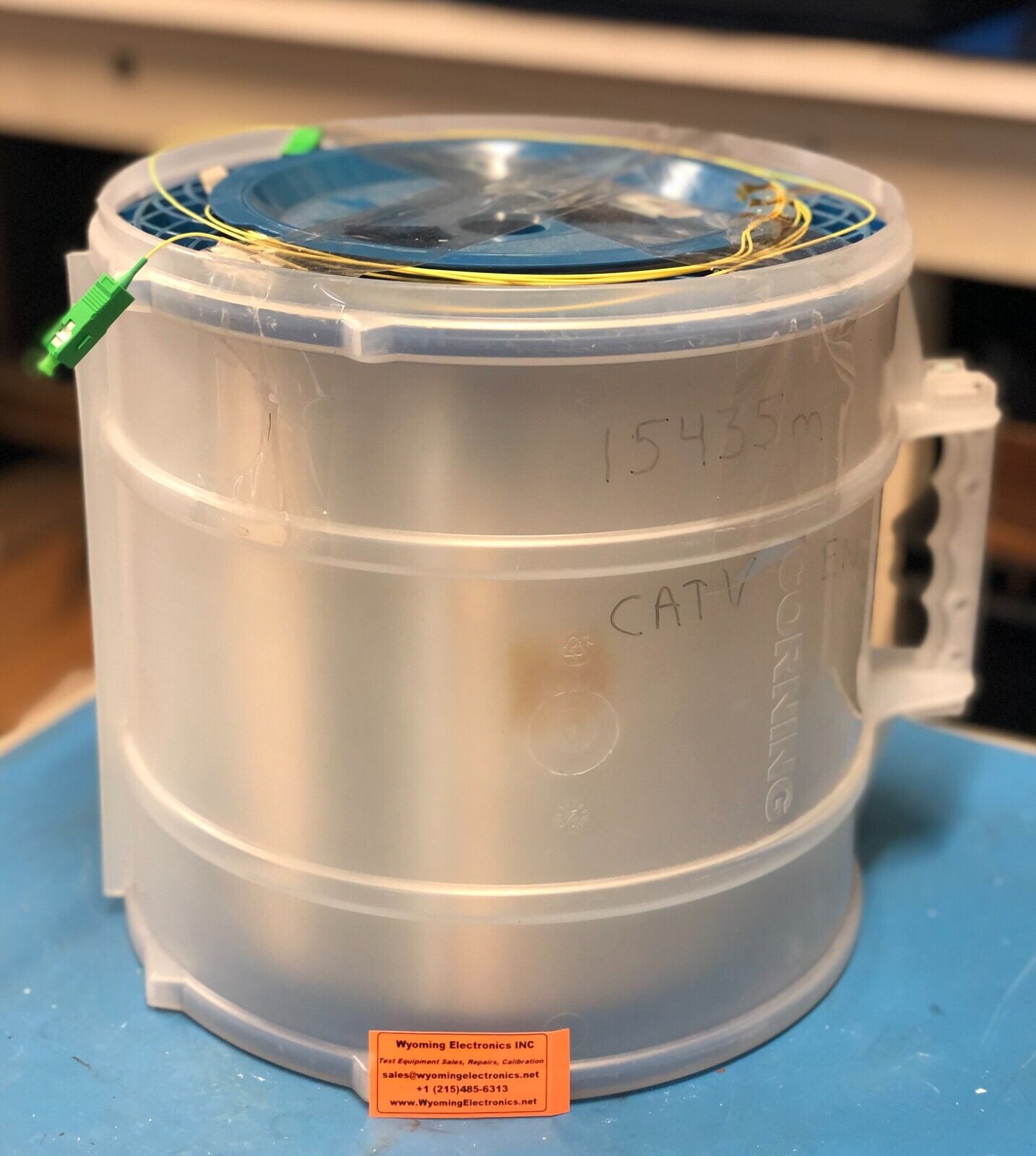 Optical Fiber
Optical Fiber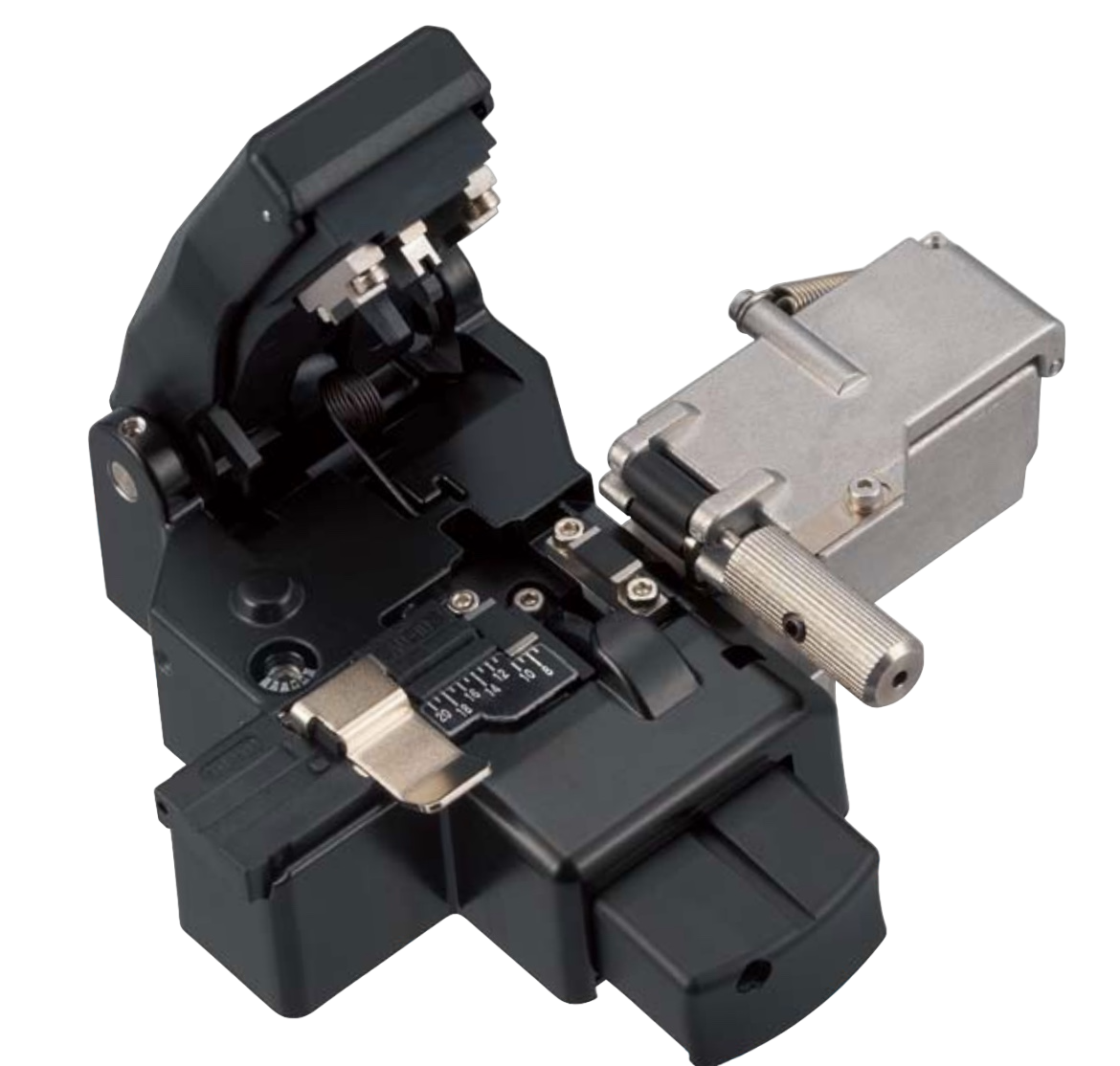 Fiber Cleaver
Fiber Cleaver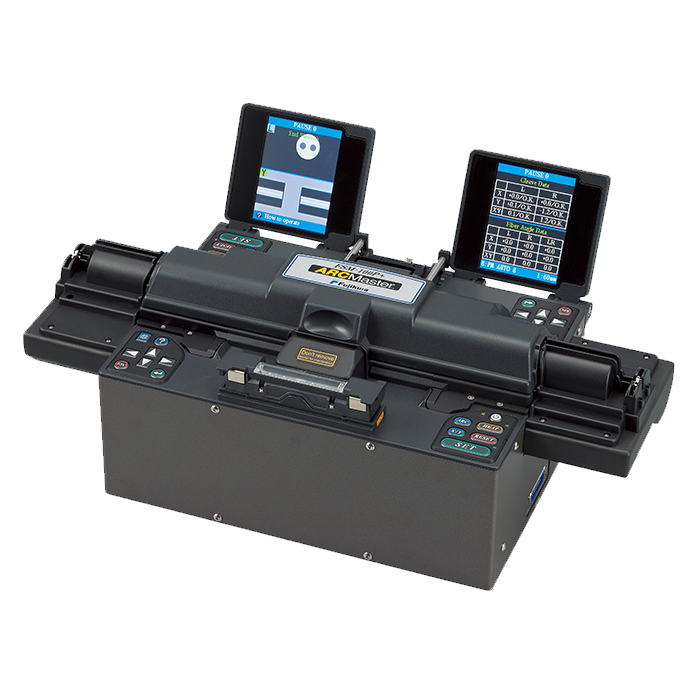 Fusion Splicer
Fusion Splicer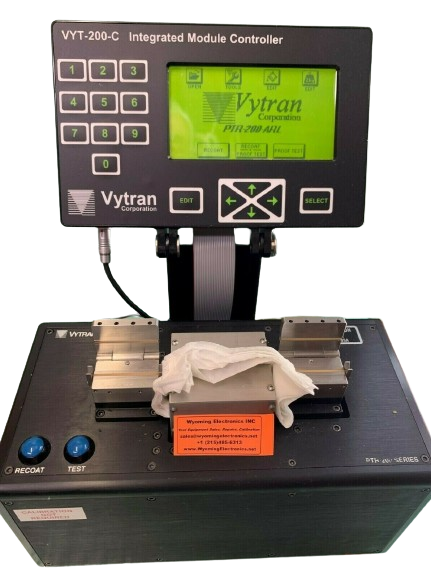 Fiber Recoater
Fiber Recoater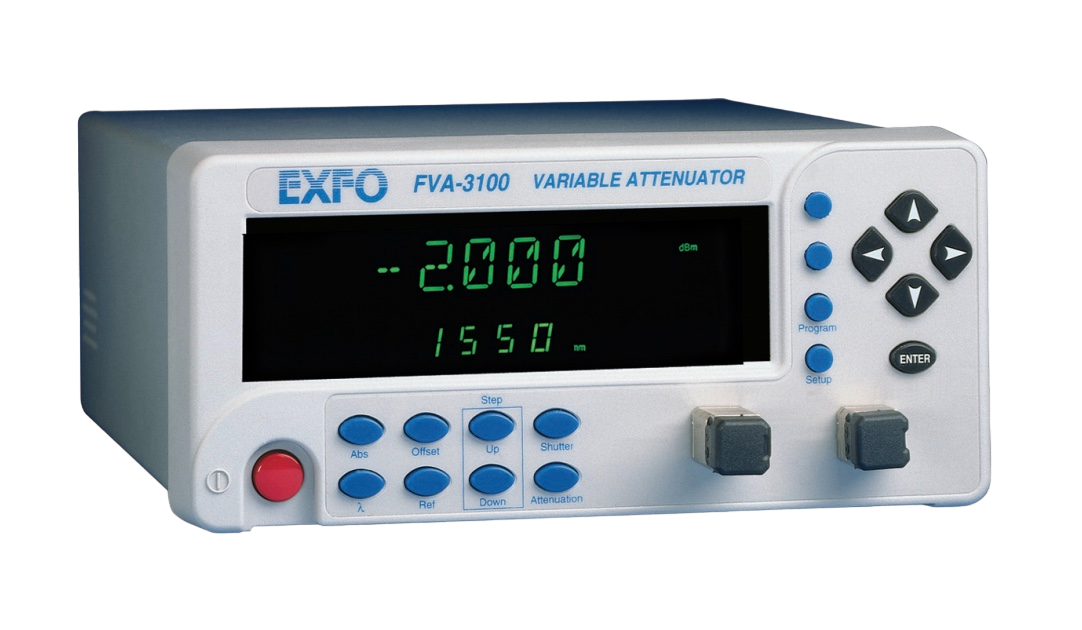 Optical Attenuator
Optical Attenuator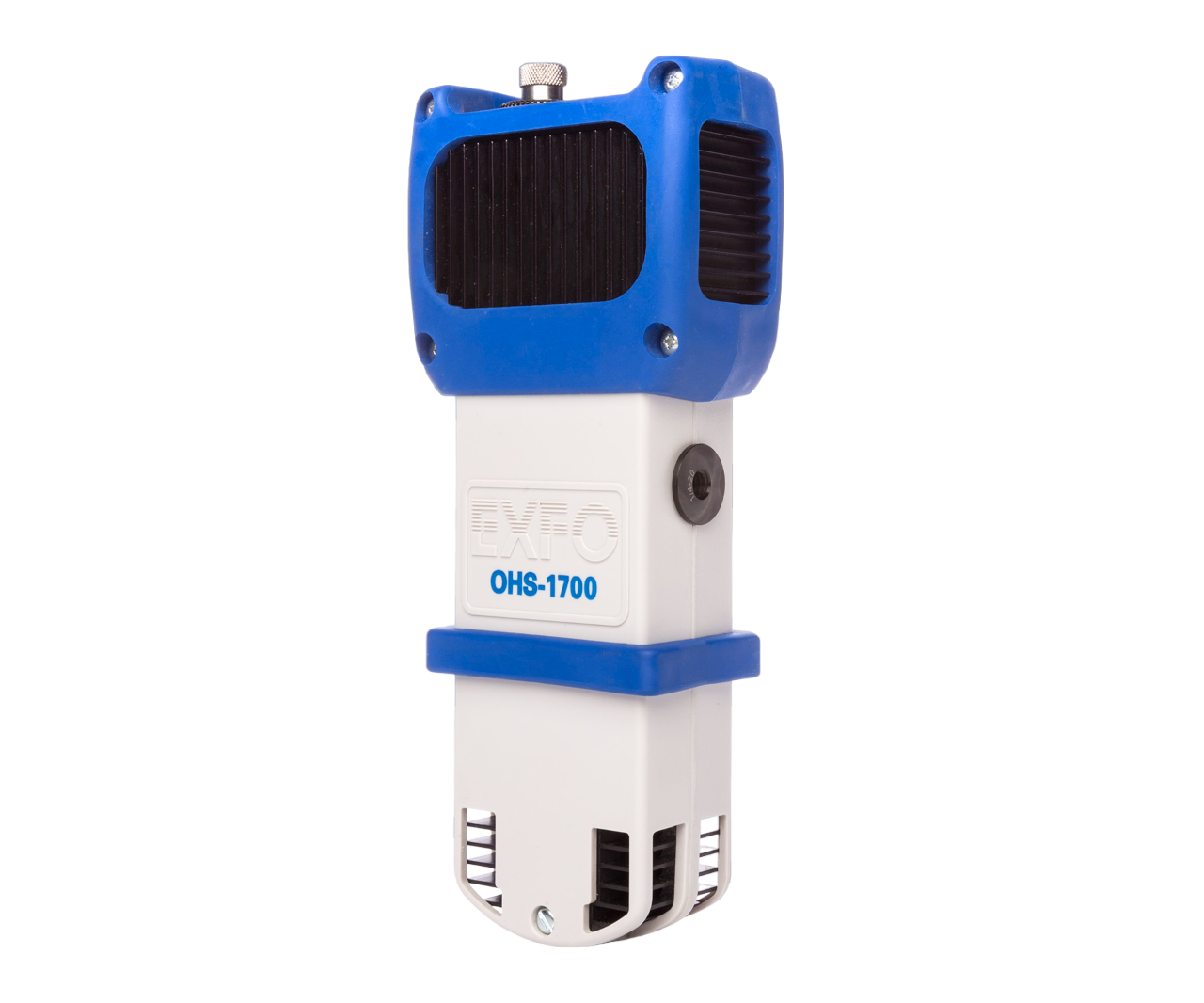 Optical Head
Optical Head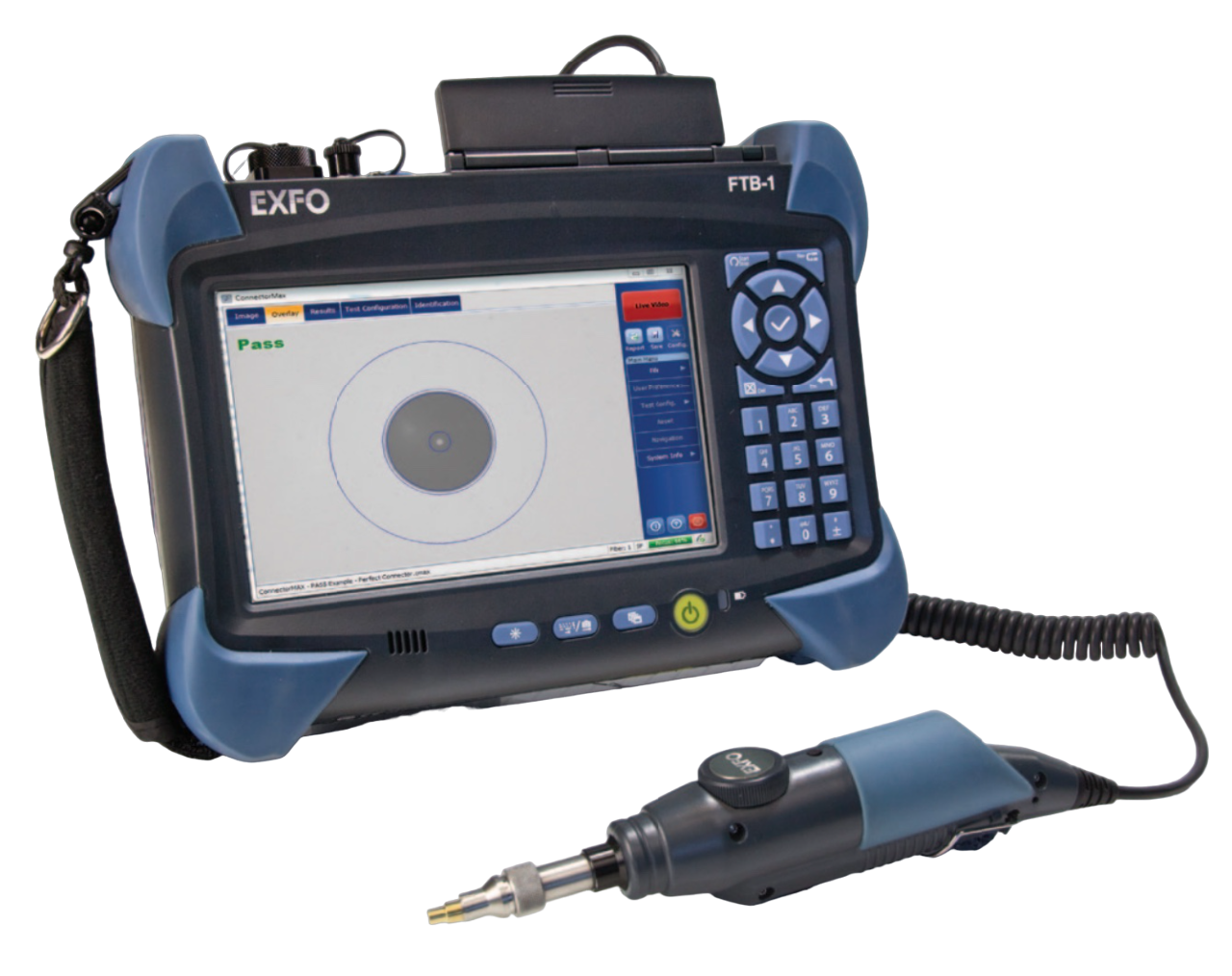 OTDR (Optical Time-Domain Reflectometer)
OTDR (Optical Time-Domain Reflectometer)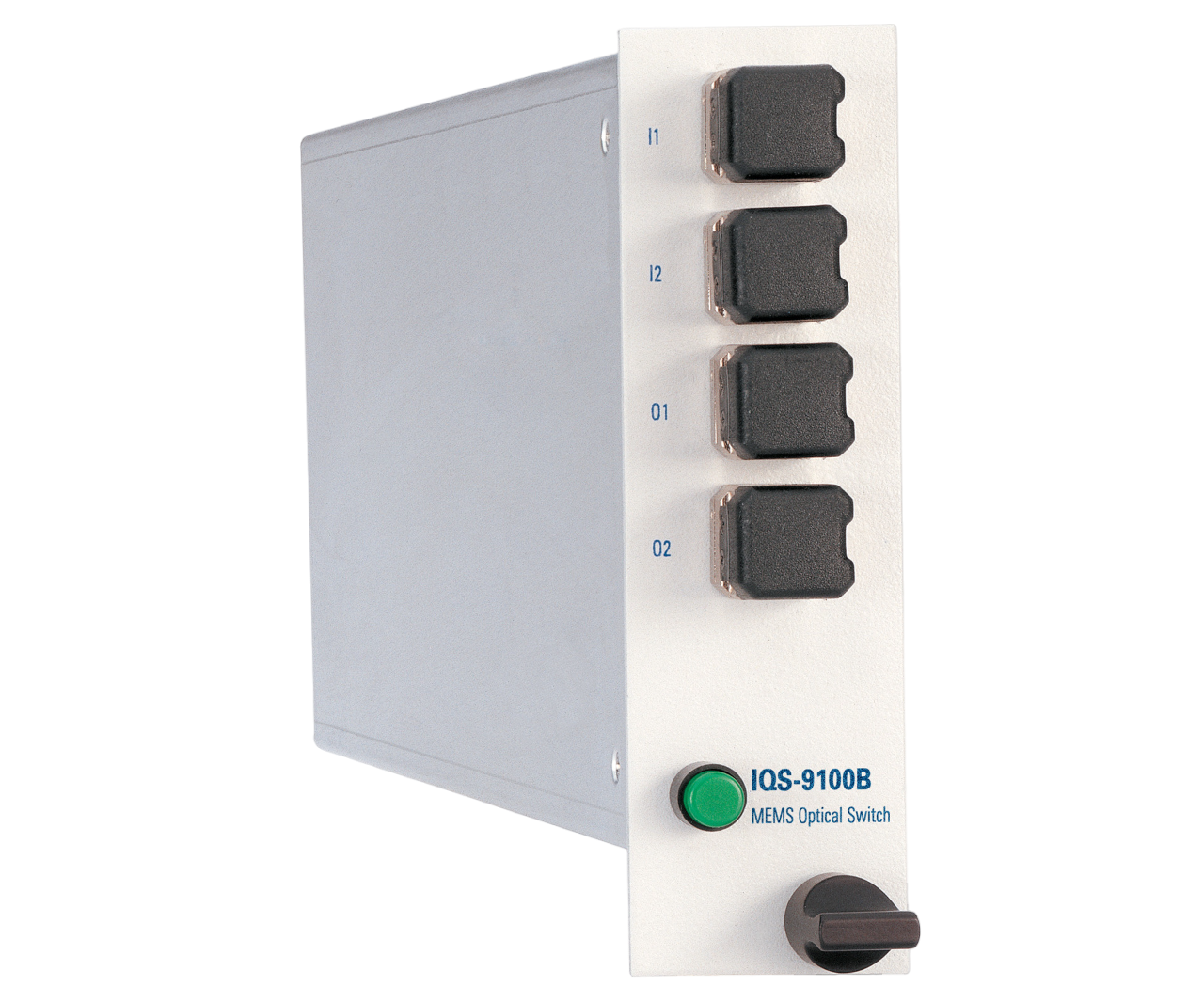 Other Optical Instruments
Other Optical Instruments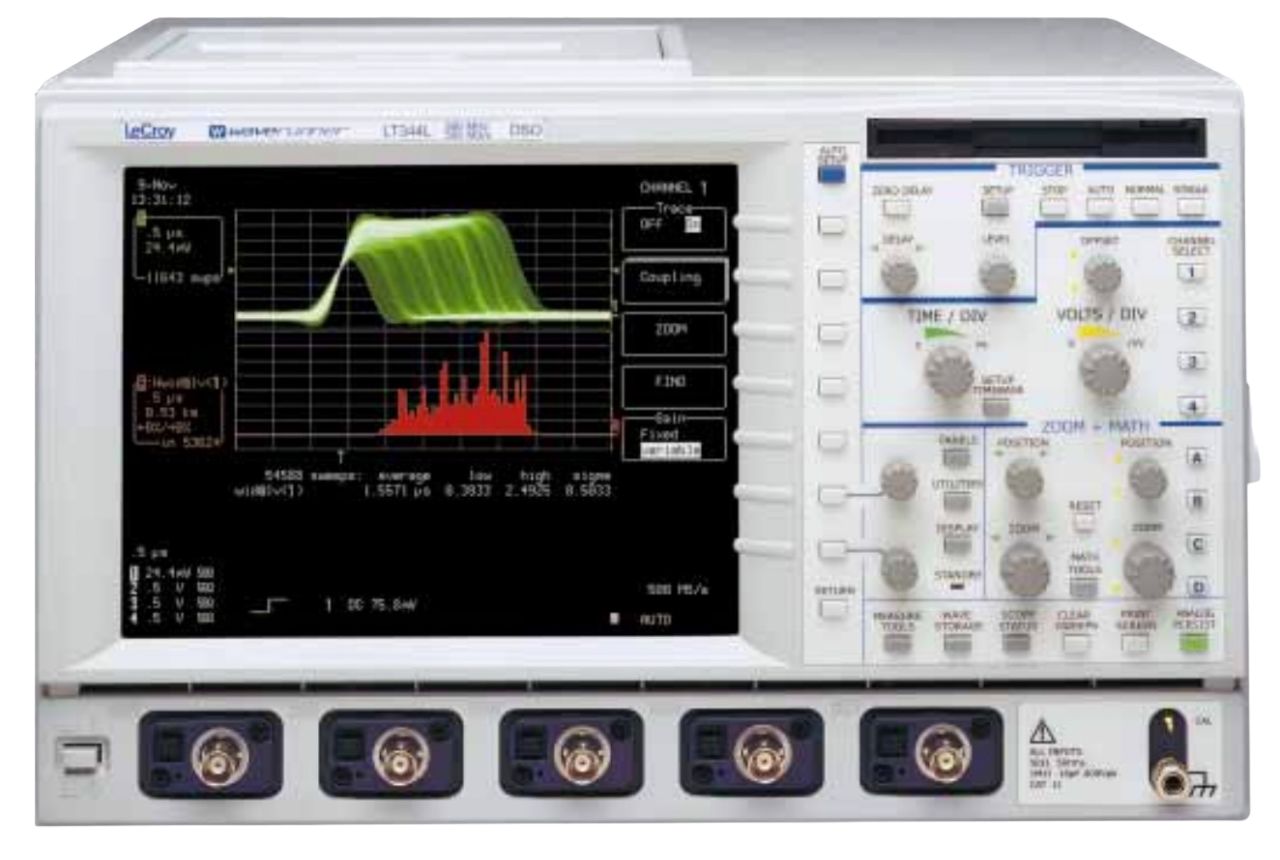 Oscilloscopes
Oscilloscopes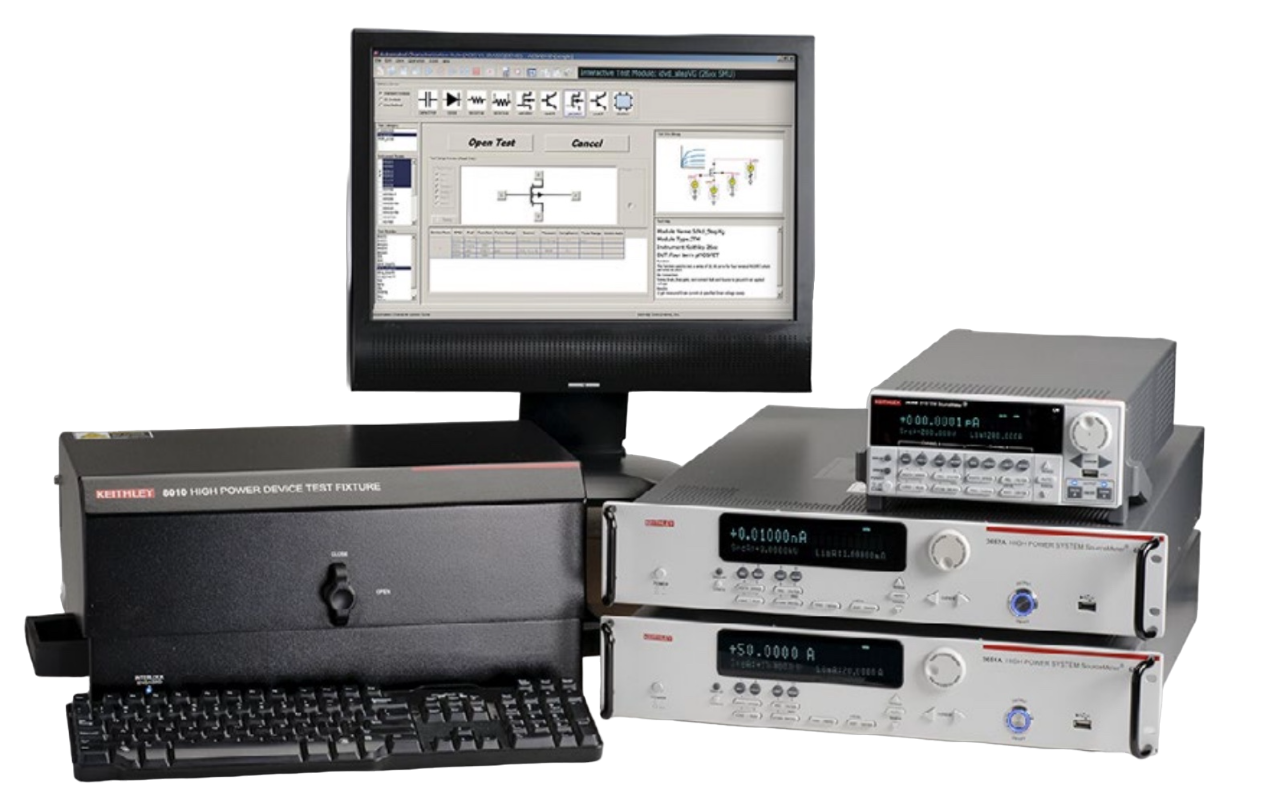 Curve Tracer
Curve Tracer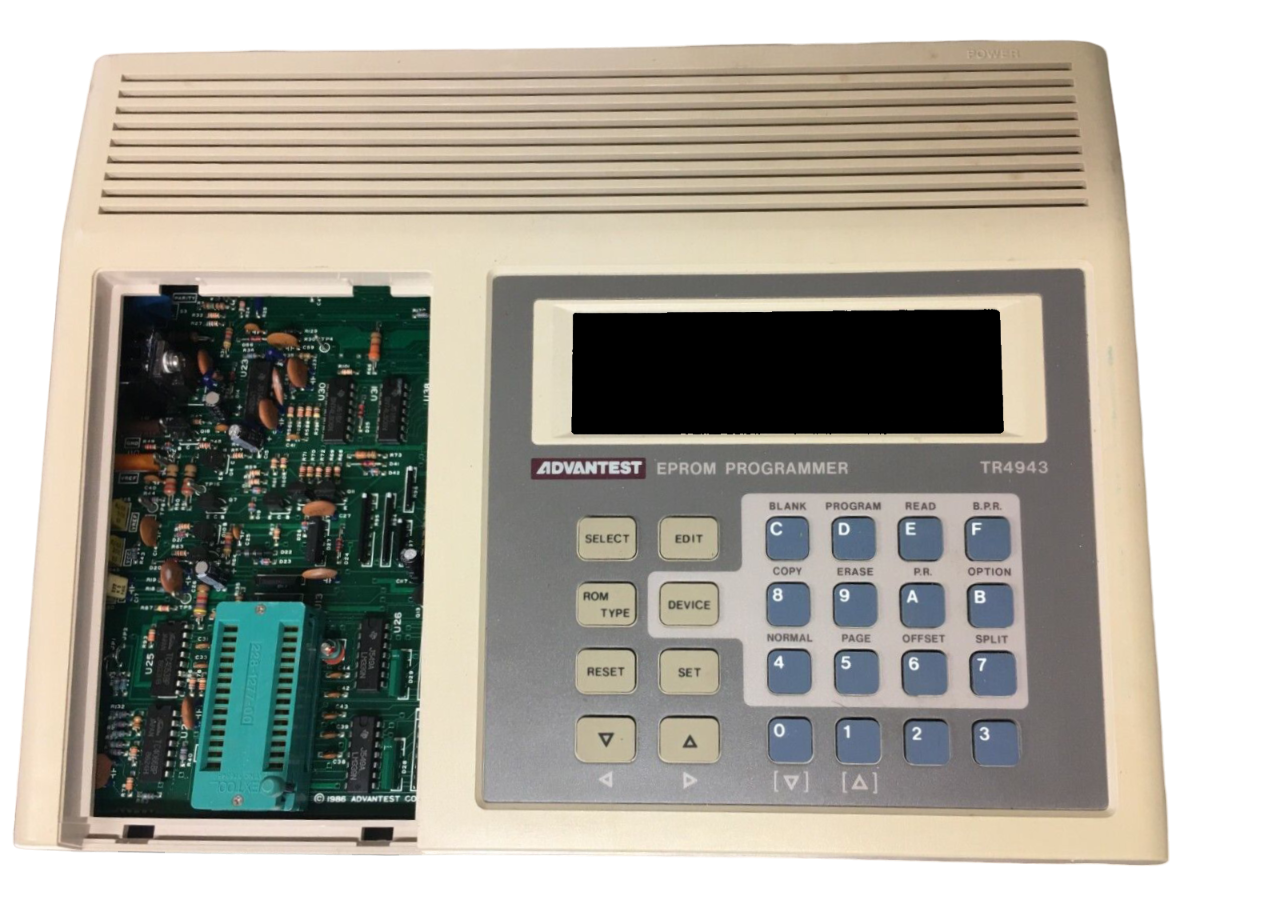 EPROM Programer
EPROM Programer Recorder
Recorder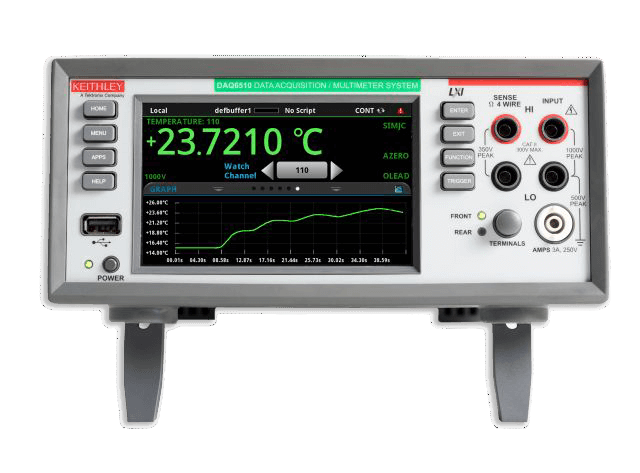 Data Acquisition System
Data Acquisition System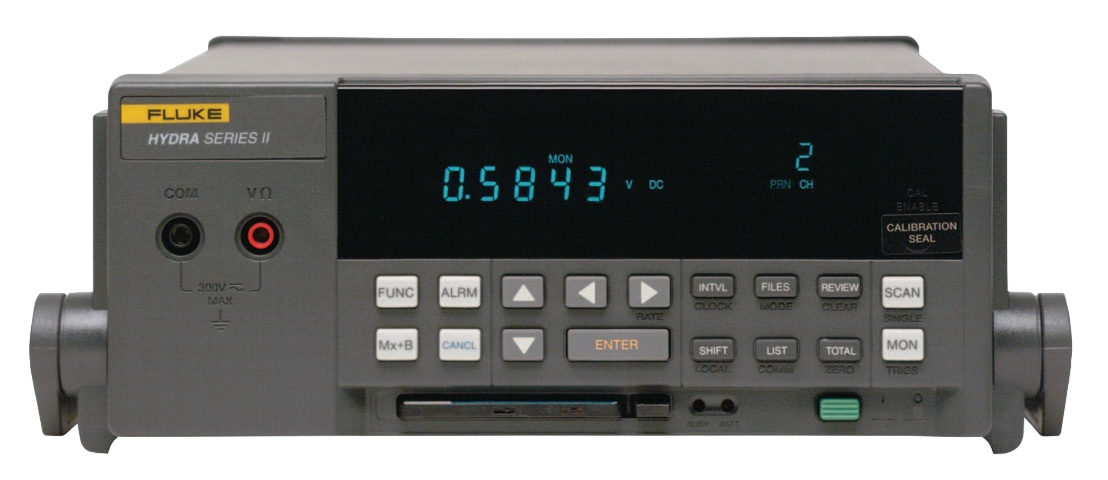 Data Logger
Data Logger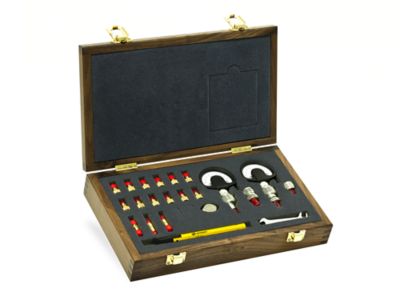 Calibration Kit
Calibration Kit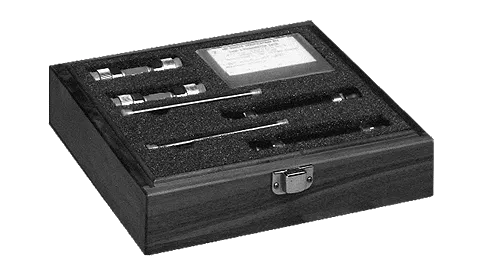 Verification Kit
Verification Kit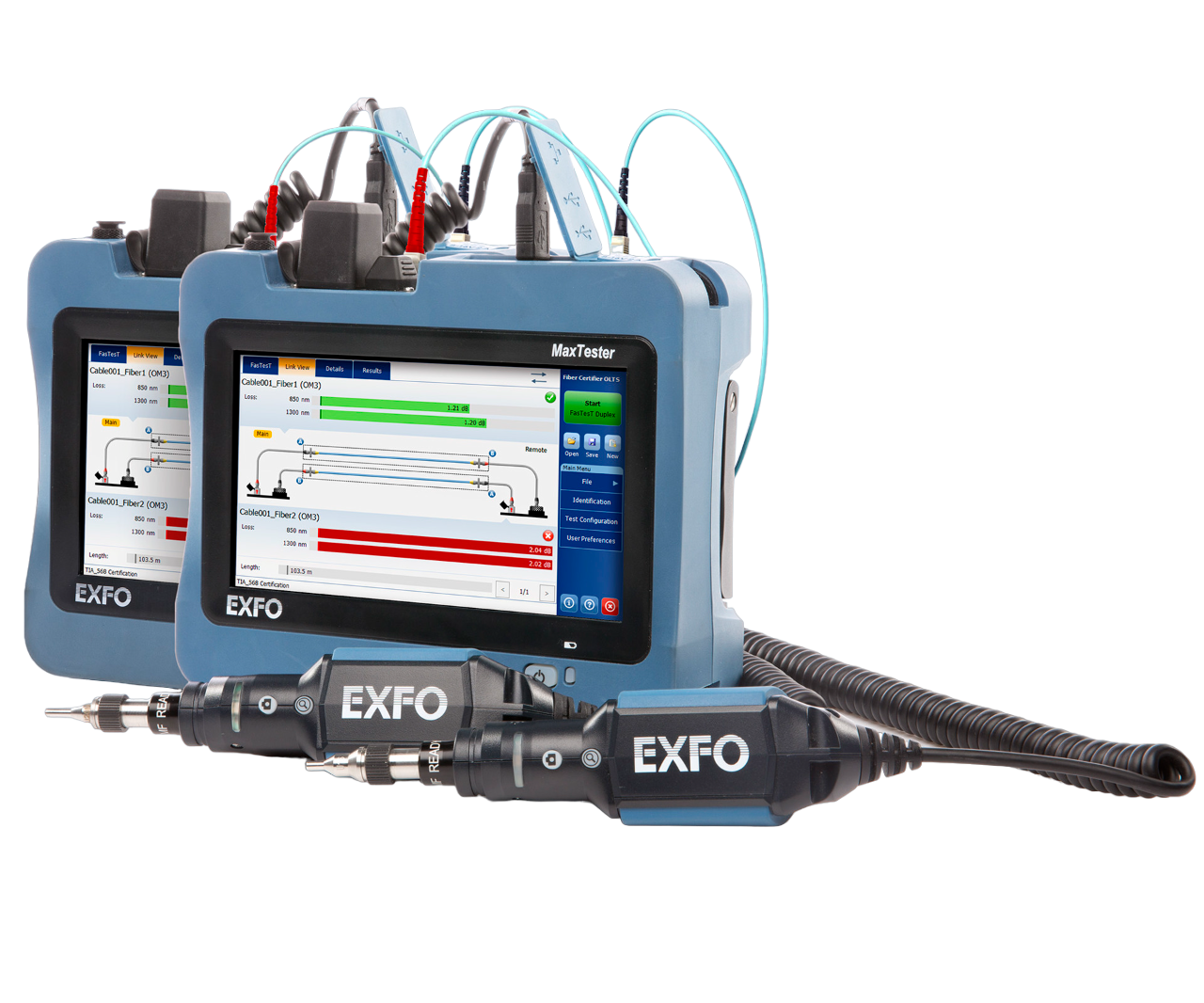 Test Set
Test Set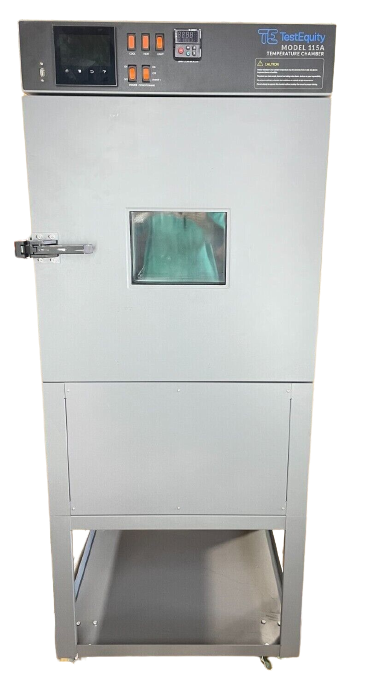 Test Chamber / Ovens
Test Chamber / Ovens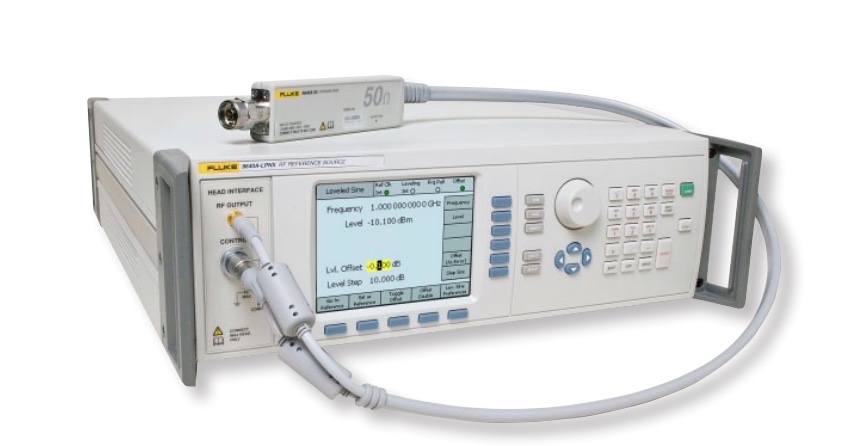 Calibrator
Calibrator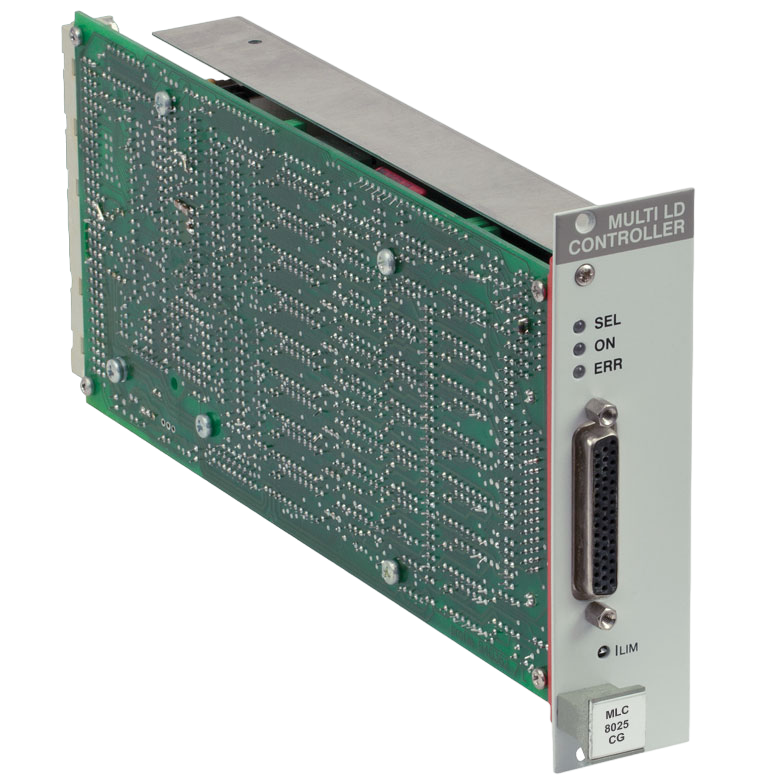 Controller
Controller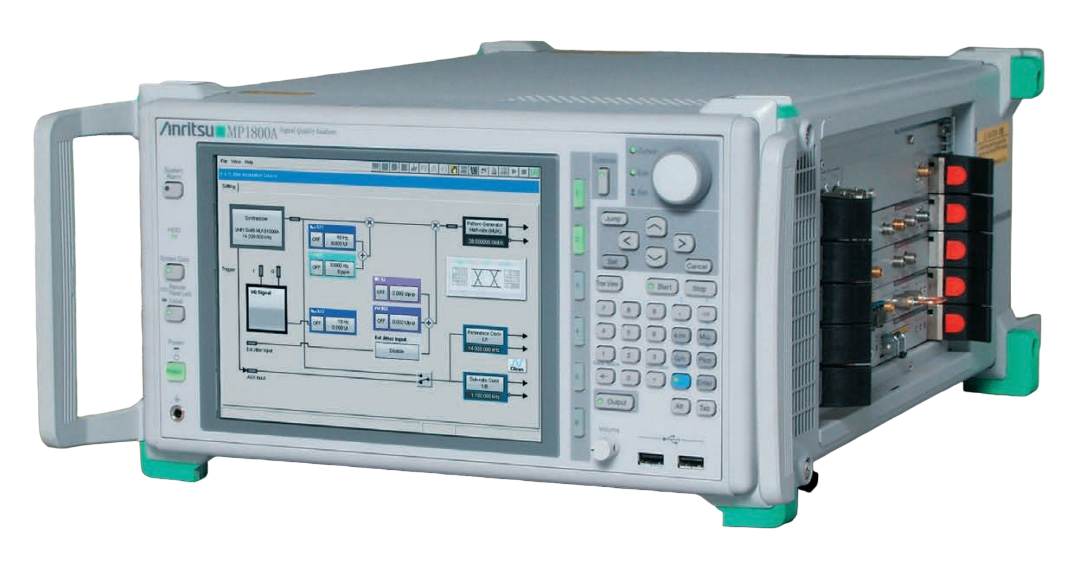 Mainframe
Mainframe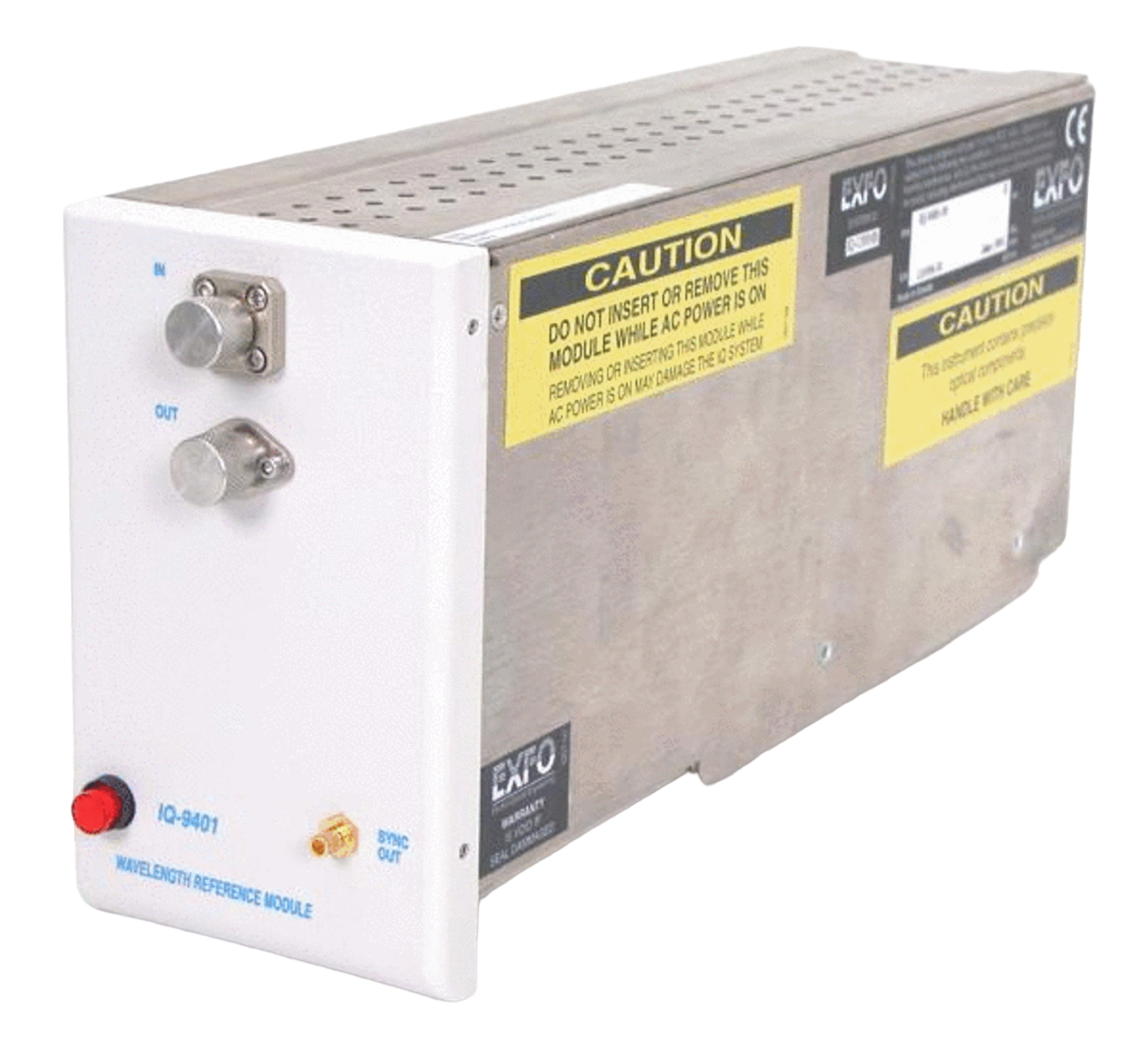 Module
Module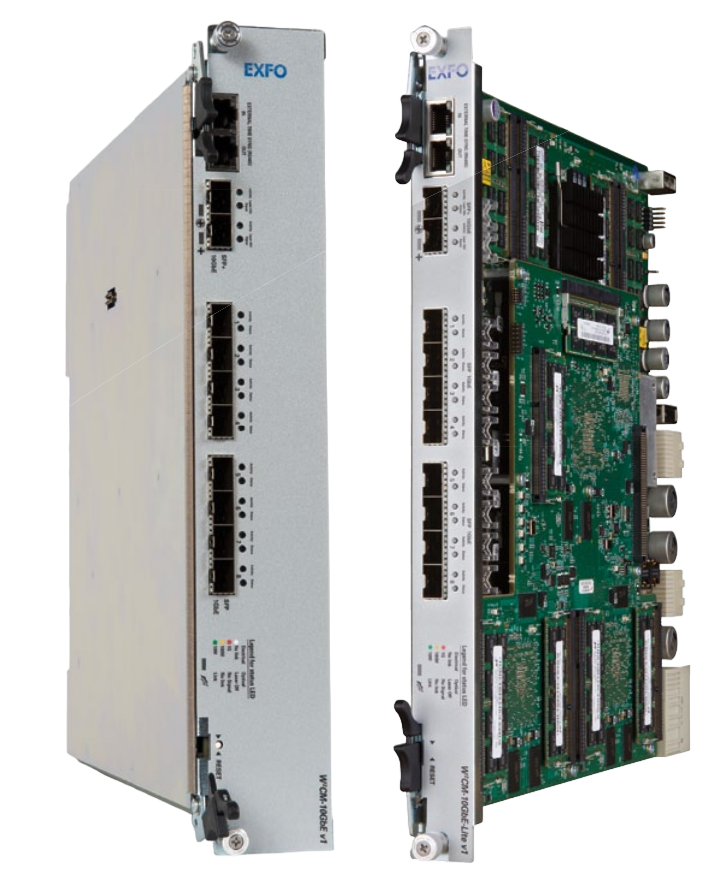 Interfaces(GPIB, Power)
Interfaces(GPIB, Power)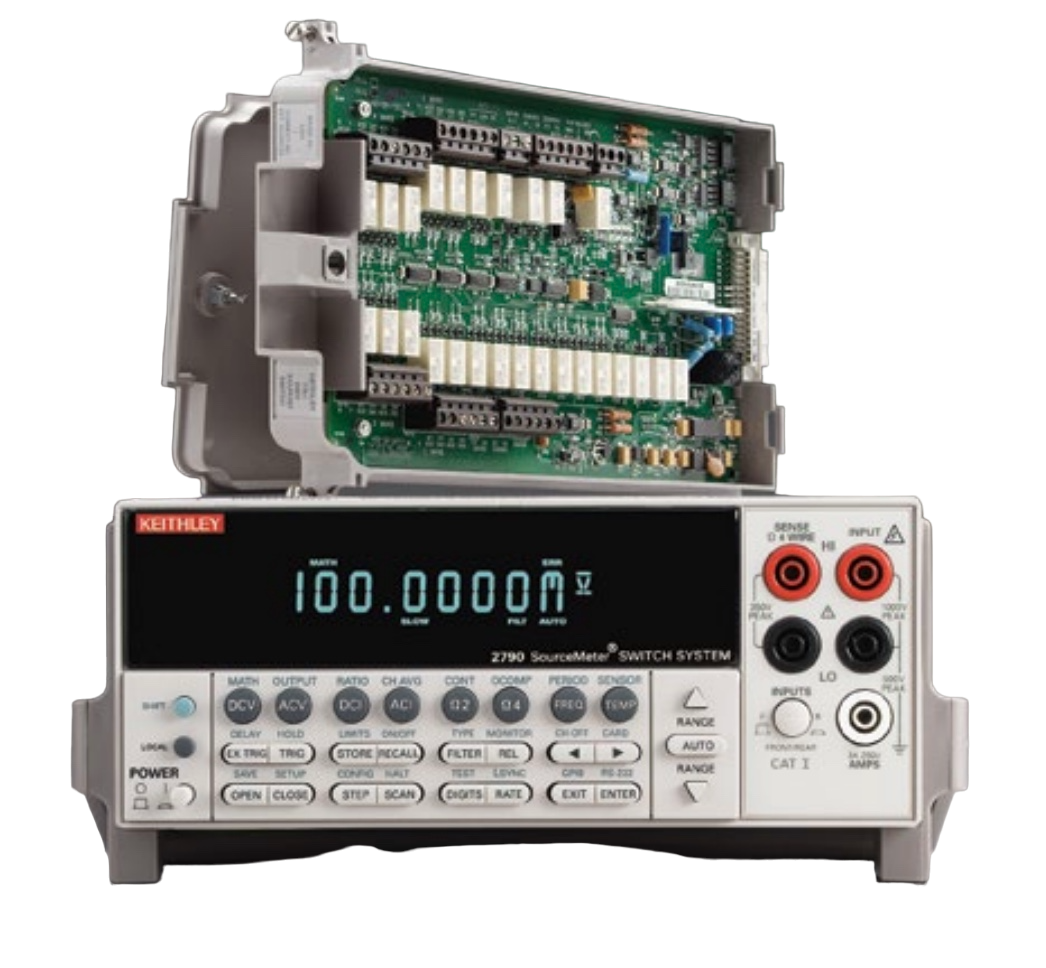 Switch
Switch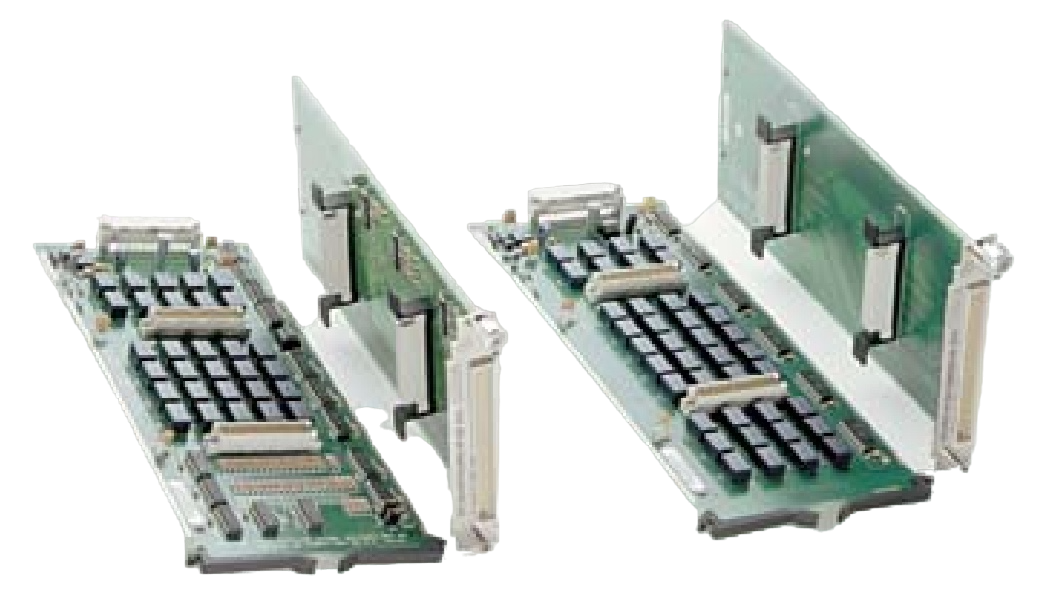 Matrix Cards
Matrix Cards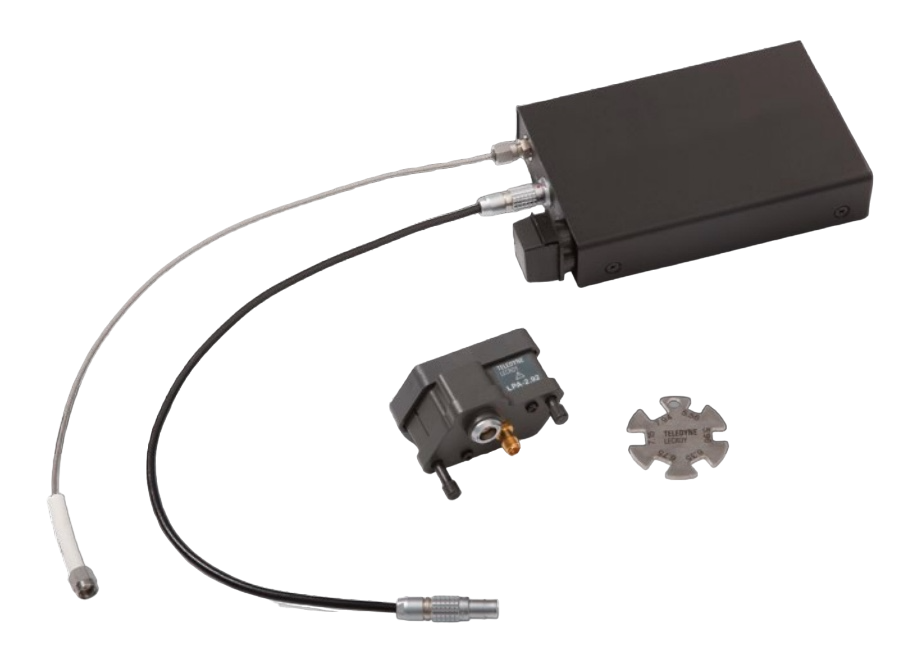 Converter
Converter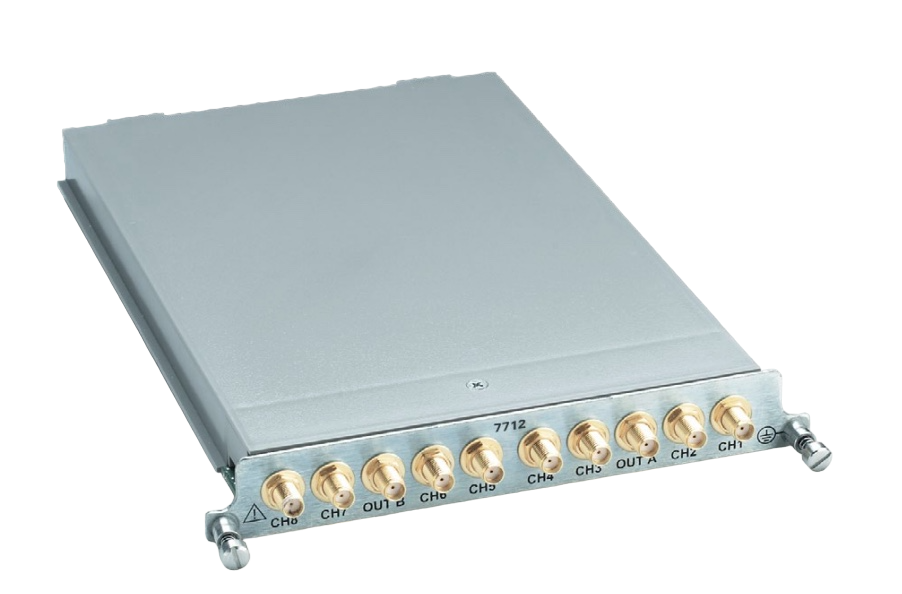 Multiplexer
Multiplexer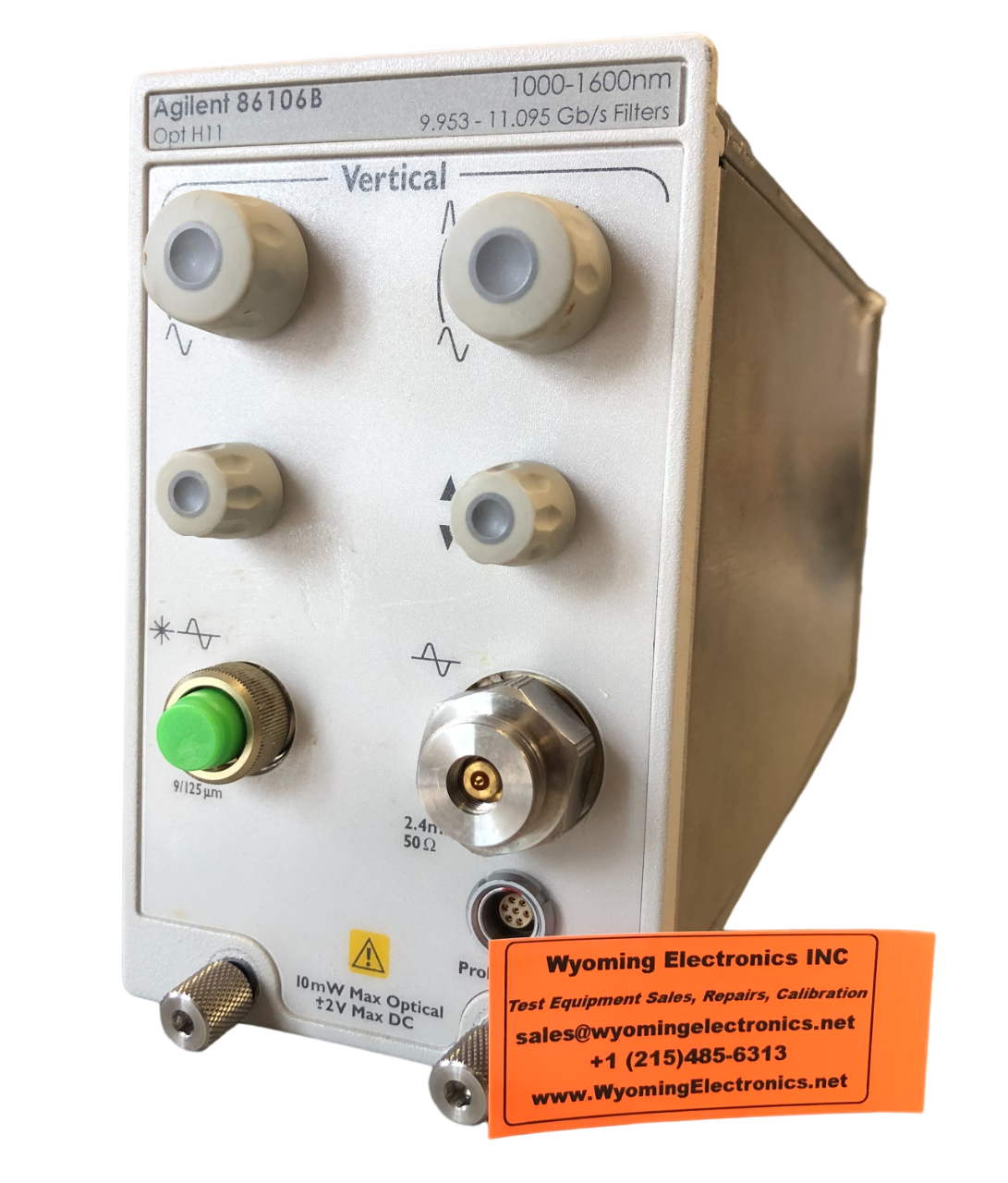 Plug-in
Plug-in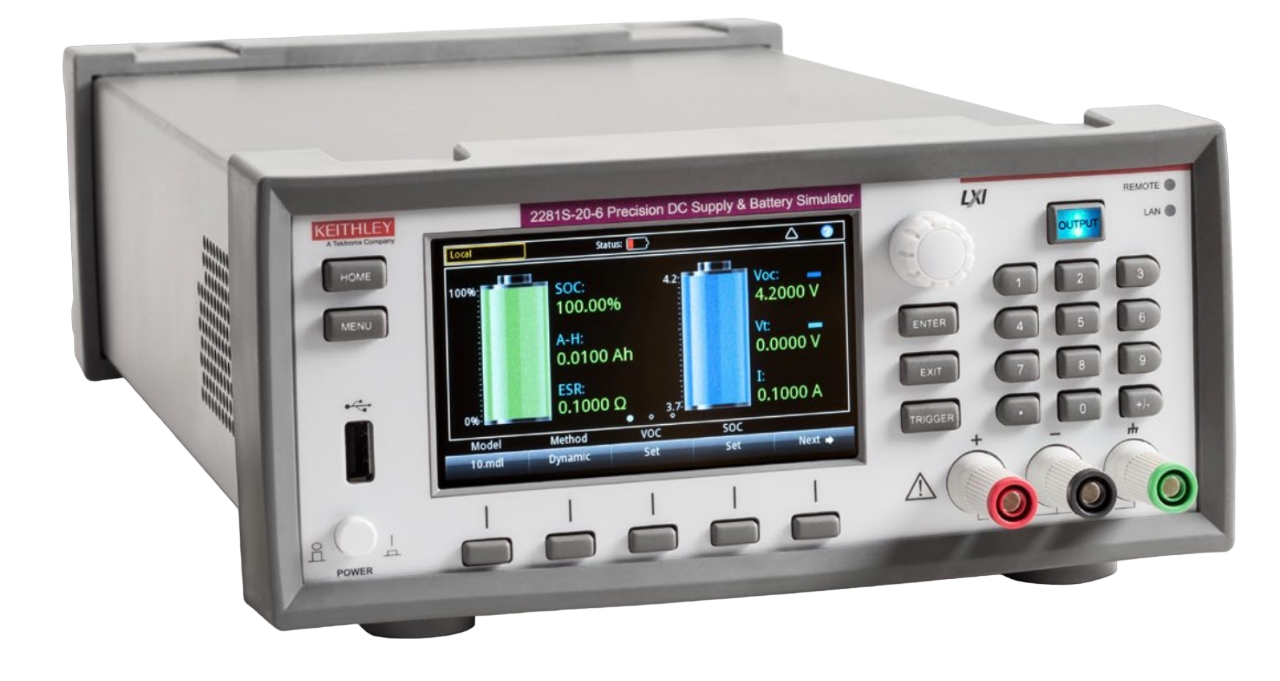 Simulator
Simulator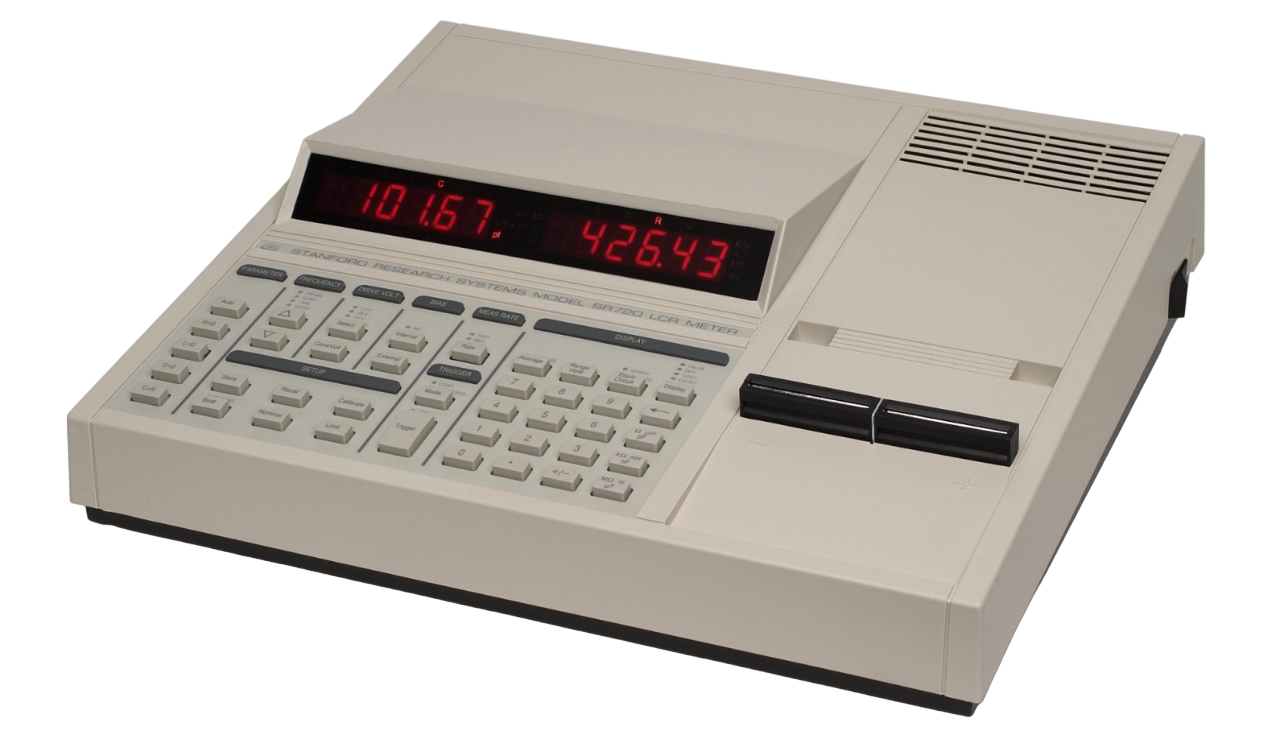 LCR Meters
LCR Meters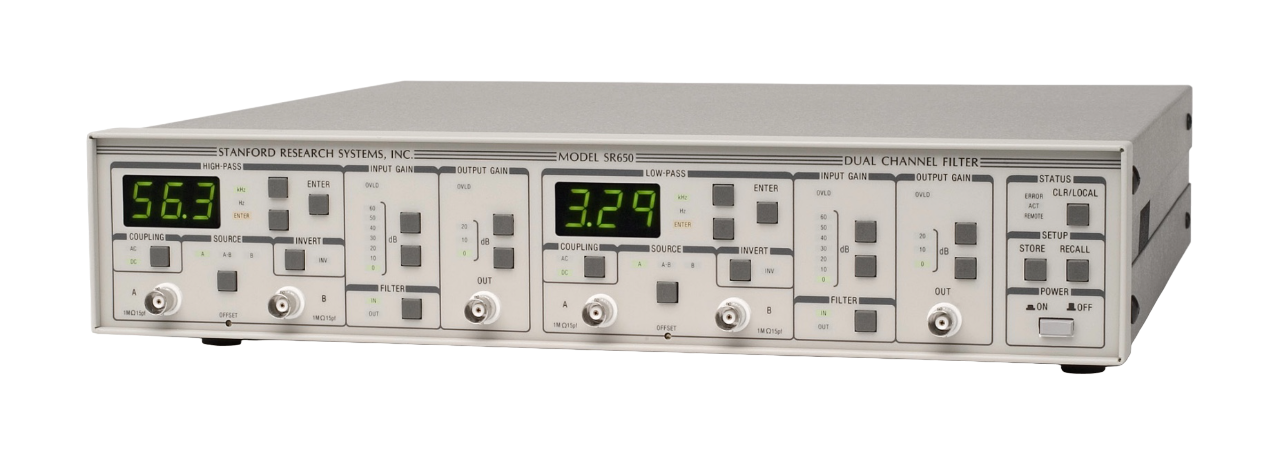 Filters
Filters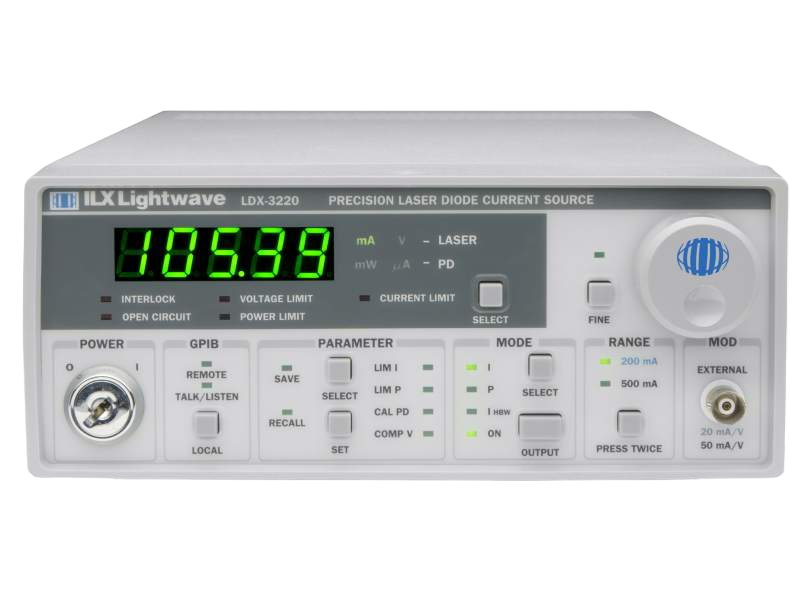 Laser Drivers
Laser Drivers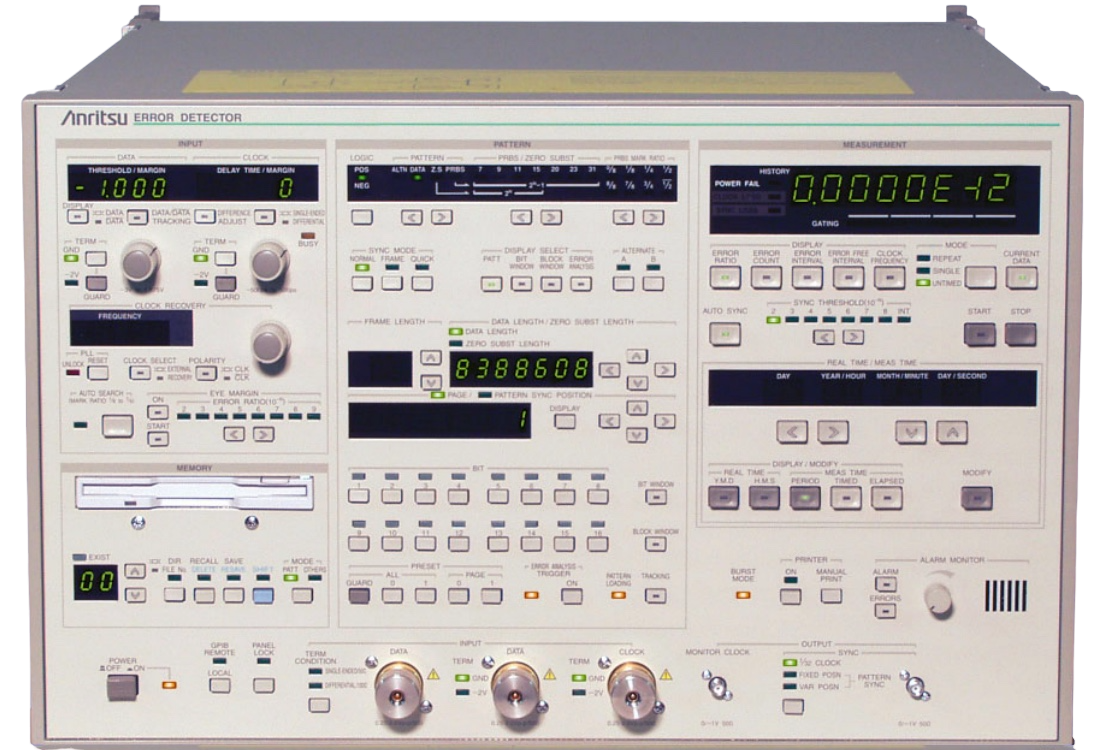 Error Detectors
Error Detectors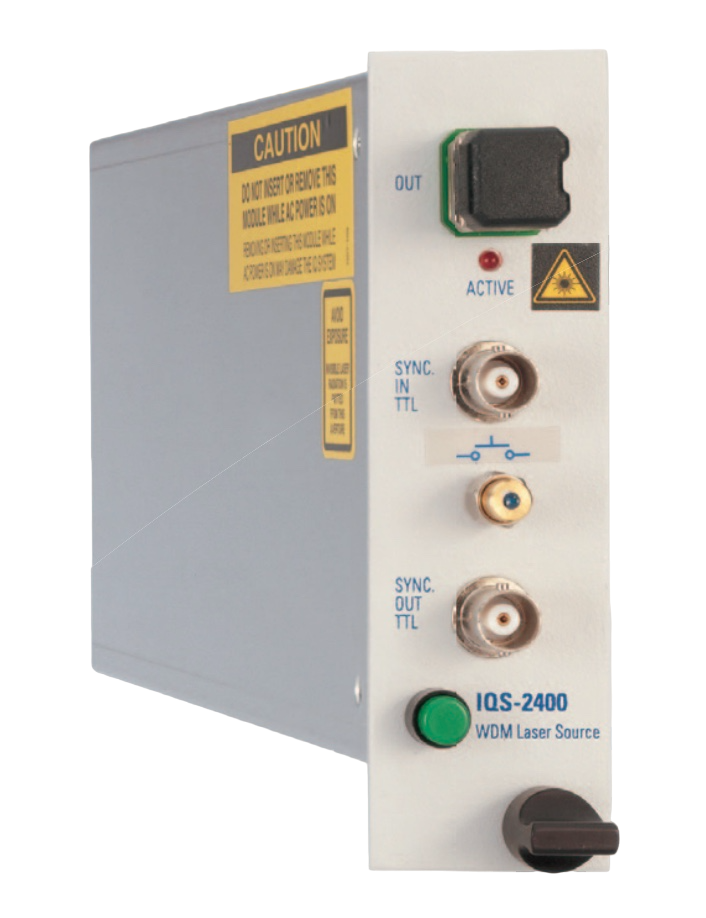 Laser Source
Laser Source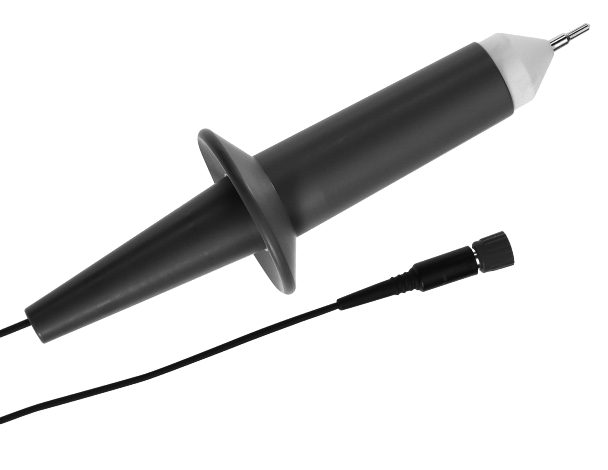 Probe
Probe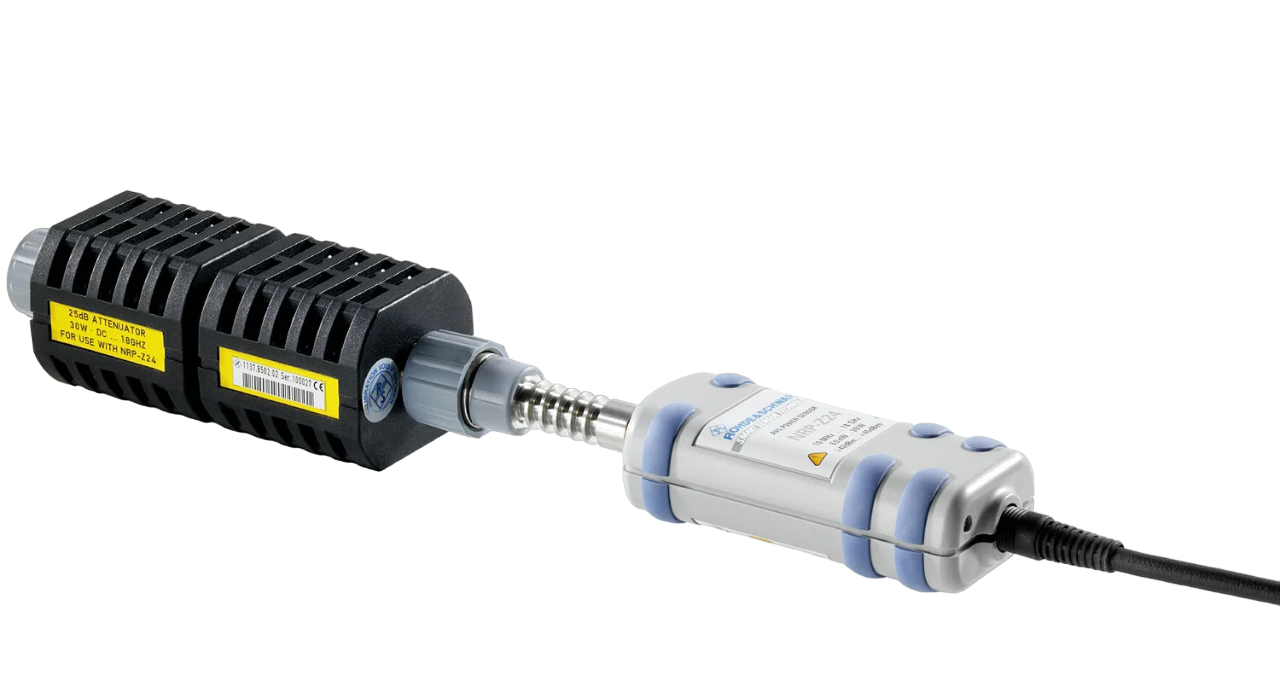 Power Sensor
Power Sensor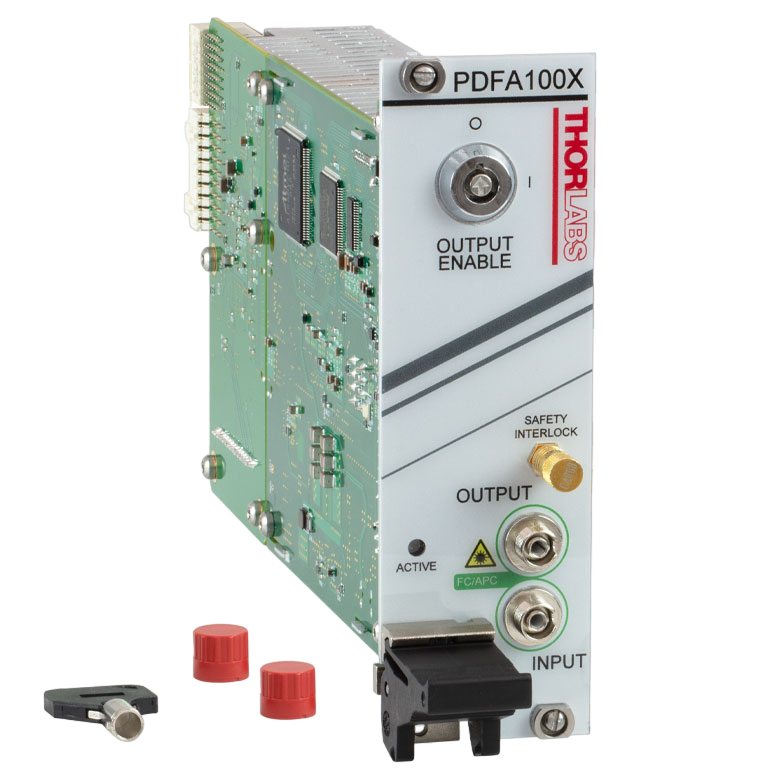 Amplifier
Amplifier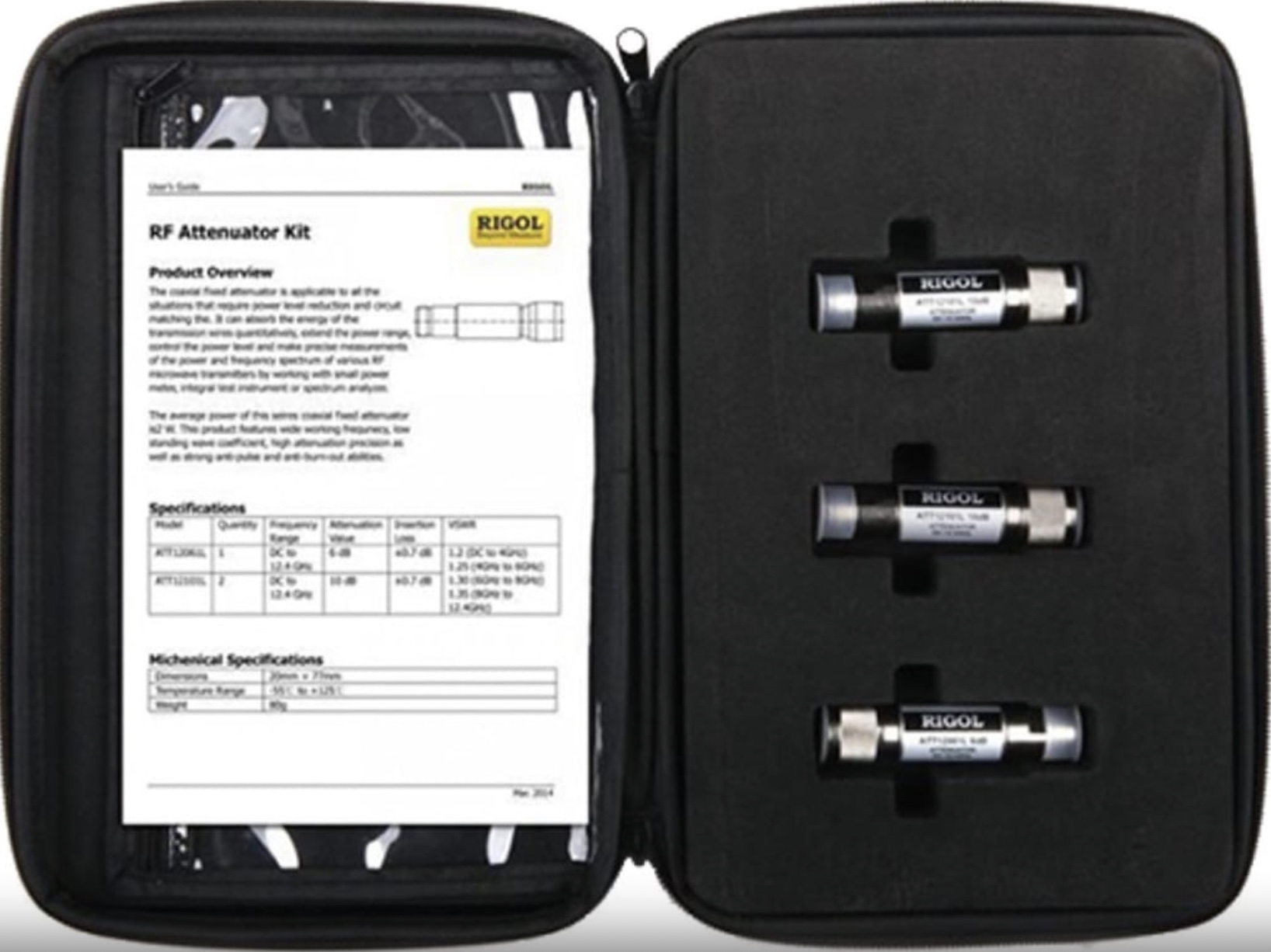 Attenuator
Attenuator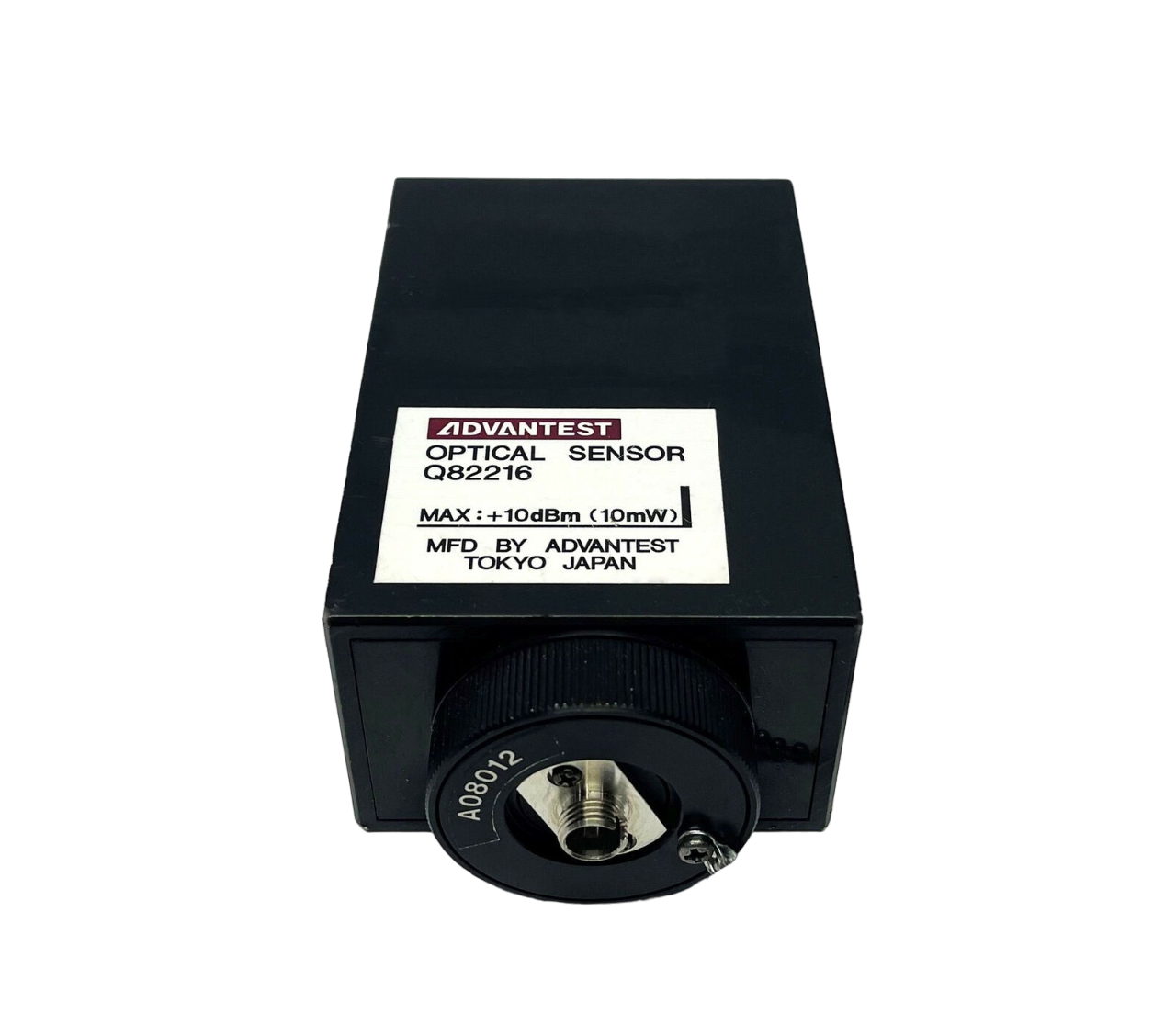 Optical Sensor
Optical Sensor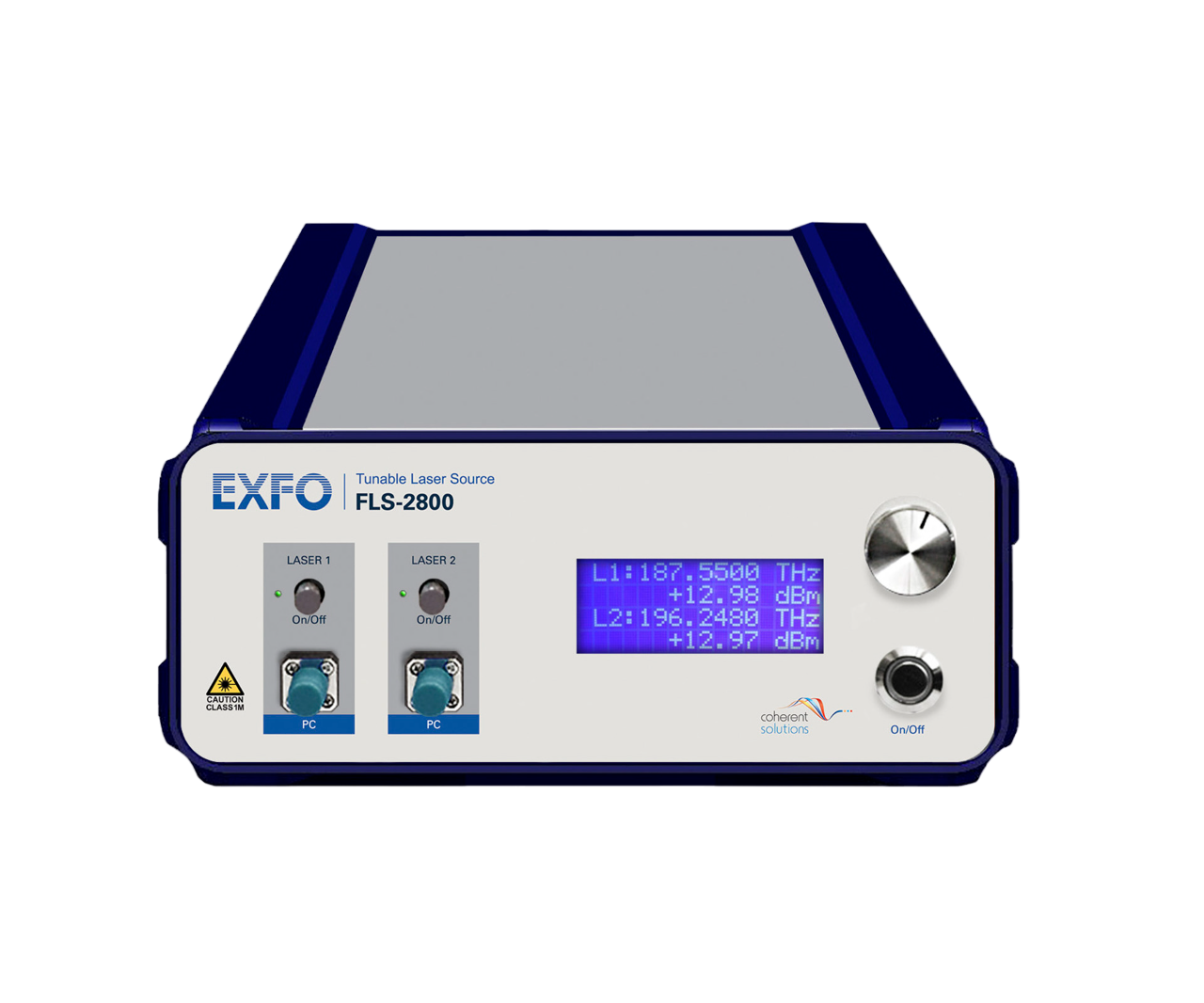 Light/LED Source
Light/LED Source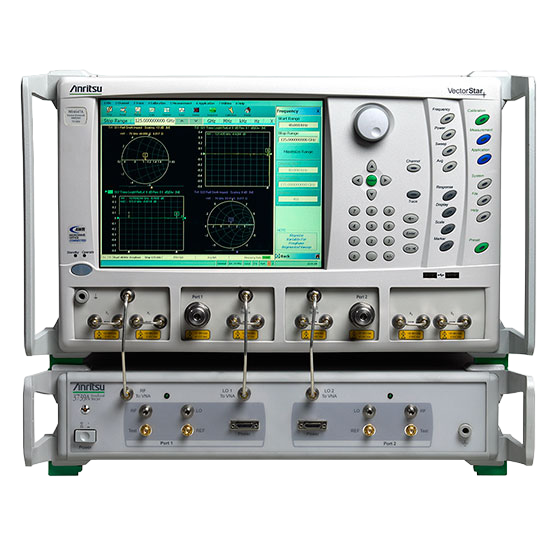 Broadband / Noise Source
Broadband / Noise Source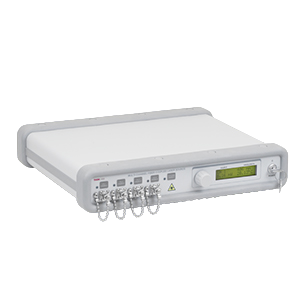 Optical / Fiber Source
Optical / Fiber Source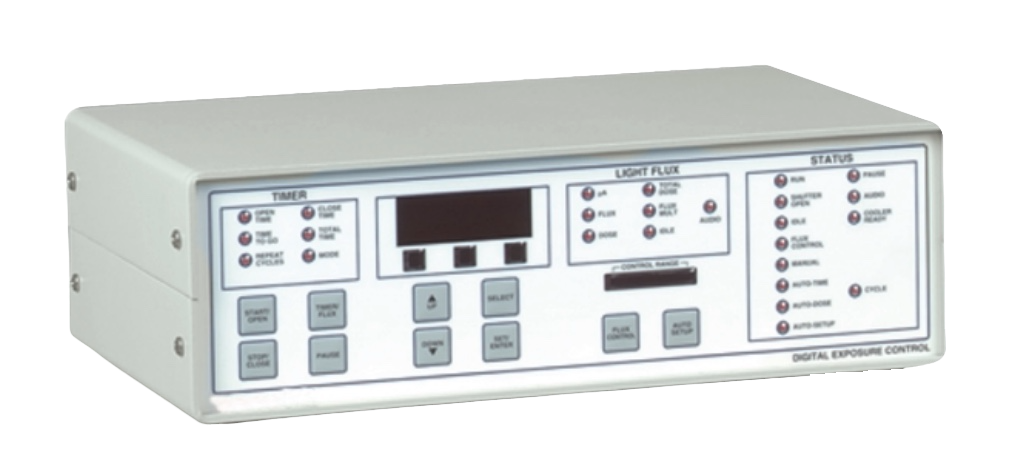 Power Supply
Power Supply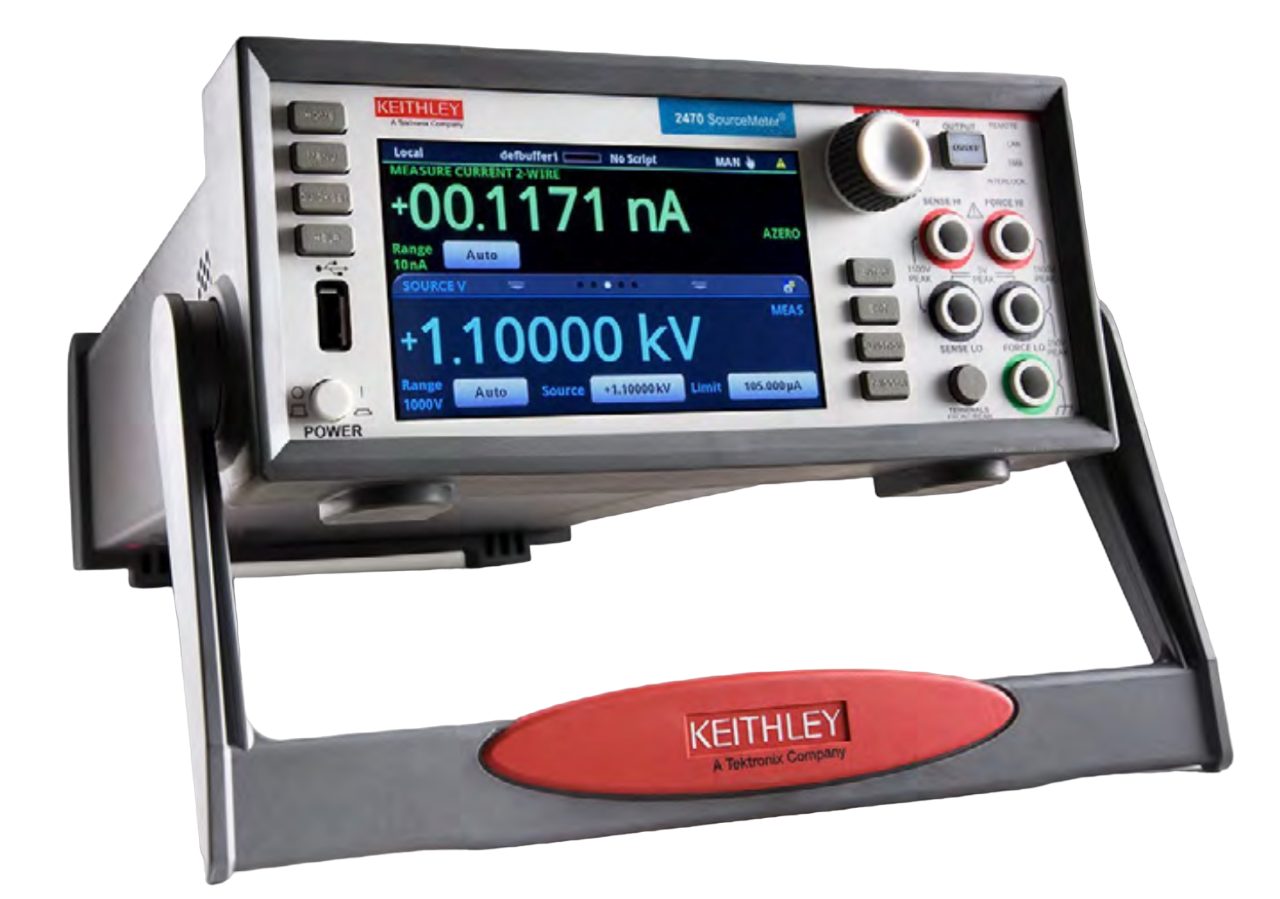 Voltage Source
Voltage Source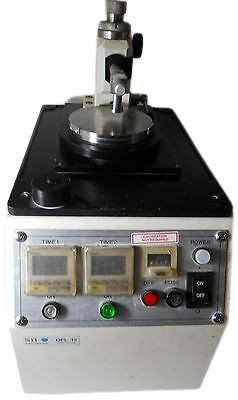 Polisher
Polisher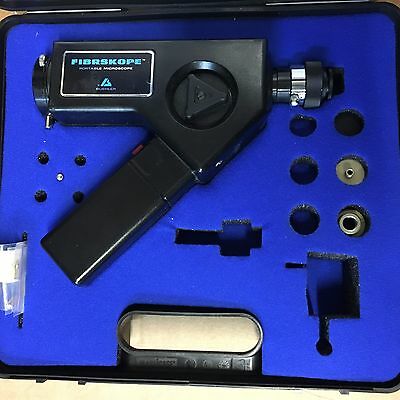 Microscope
Microscope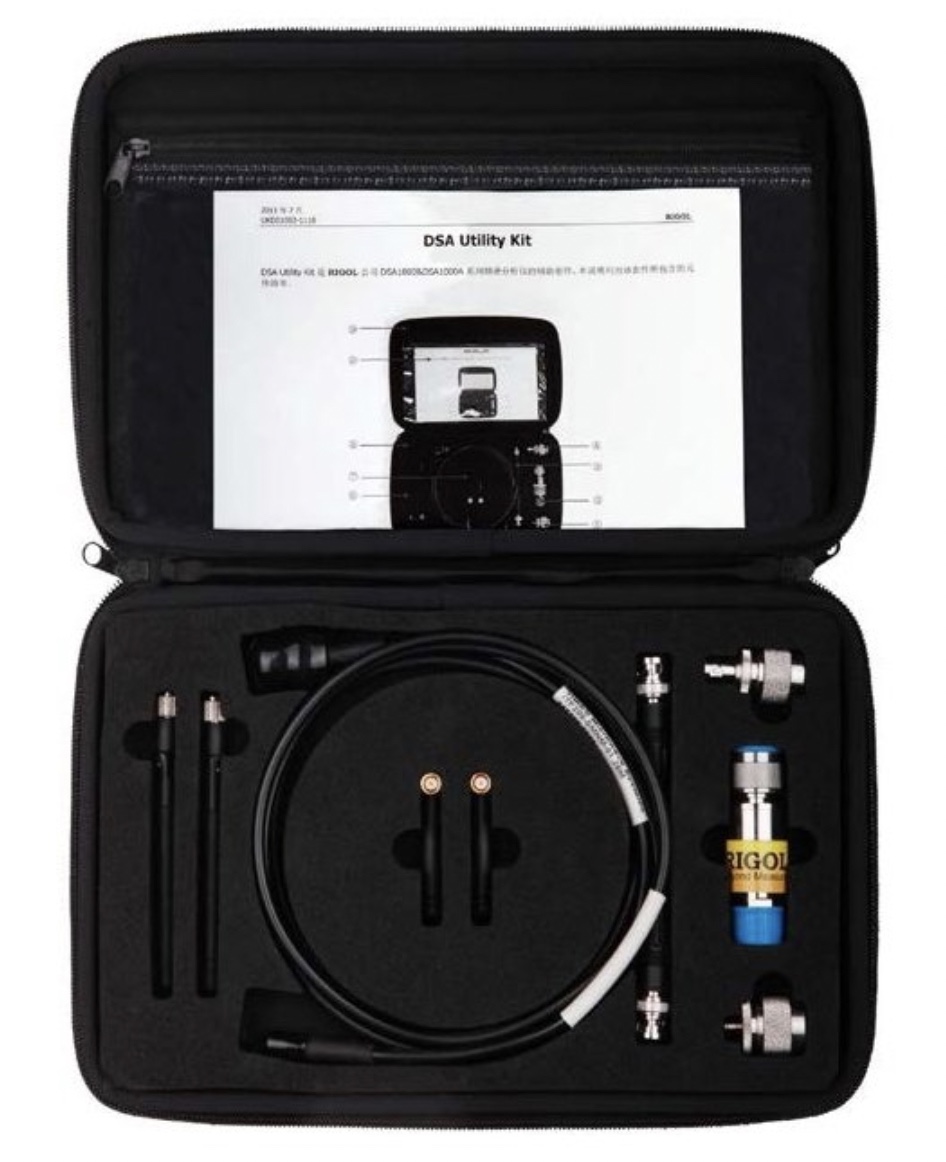 Adapter
Adapter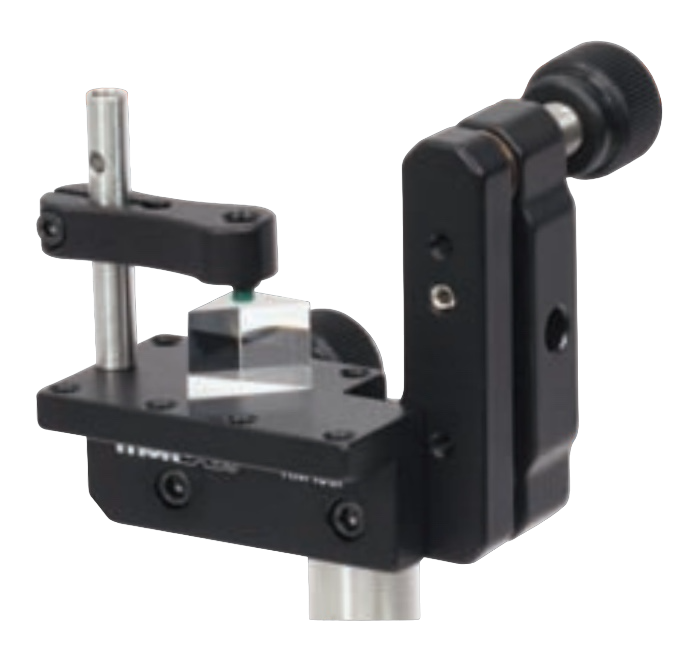 Platforms/Mounts
Platforms/Mounts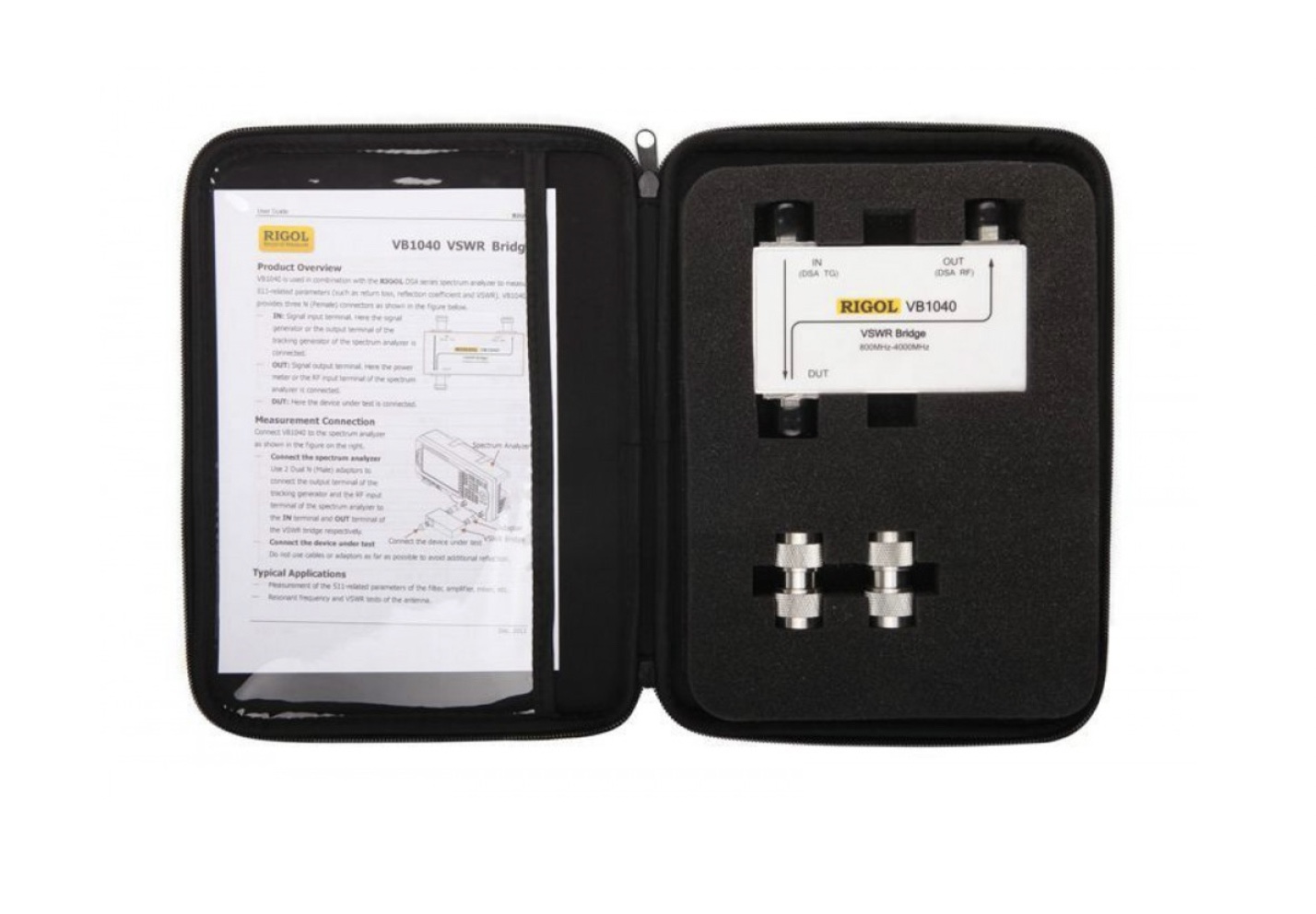 Bridges
Bridges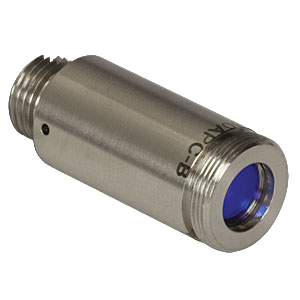 Connectors & Accessories
Connectors & Accessories
























